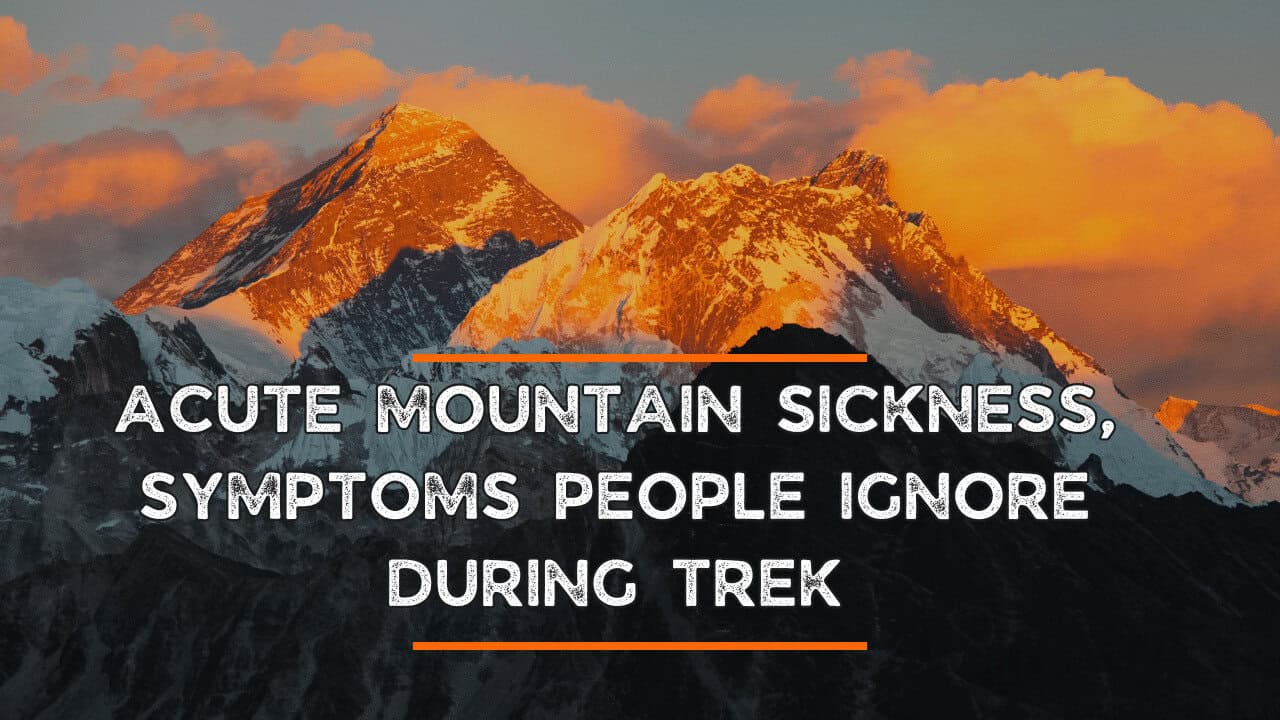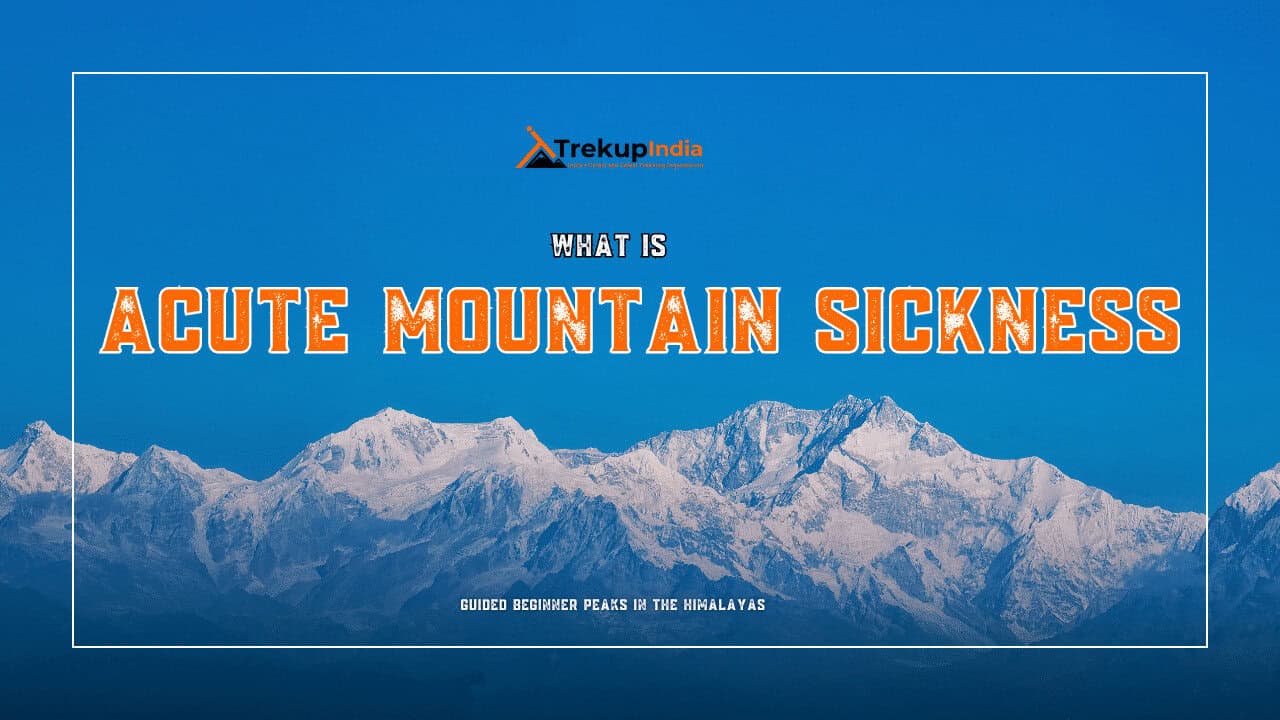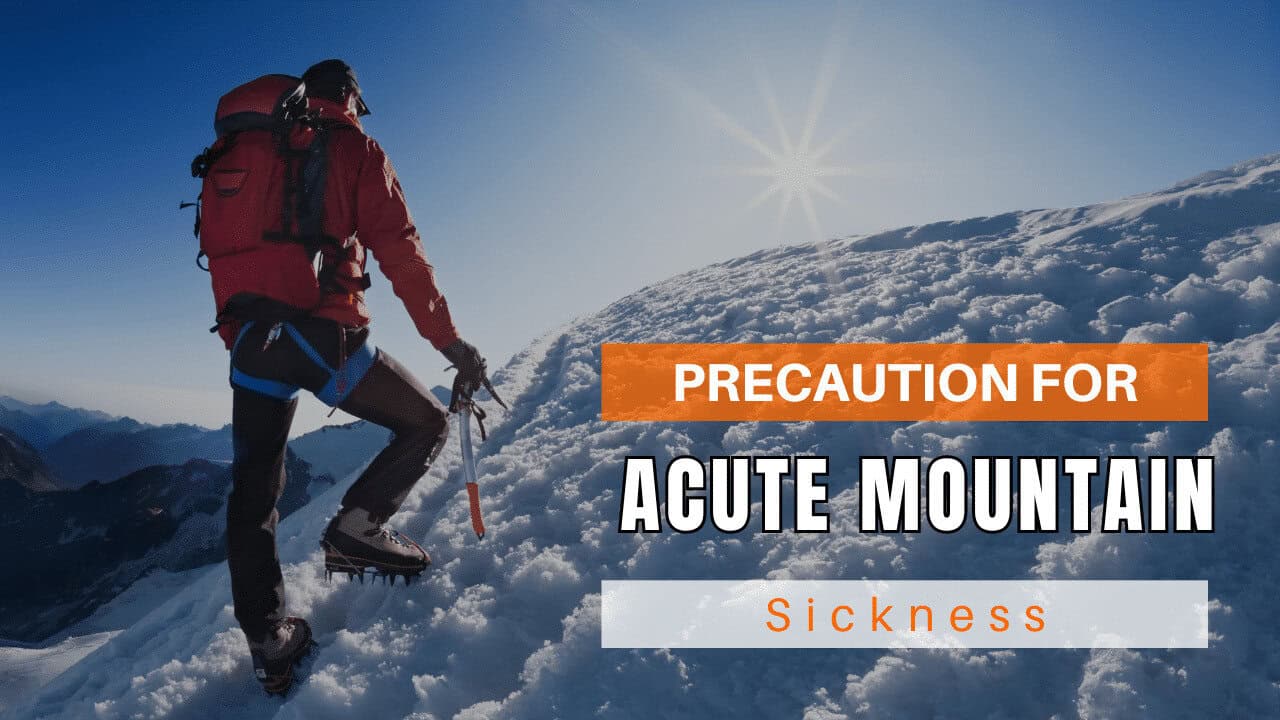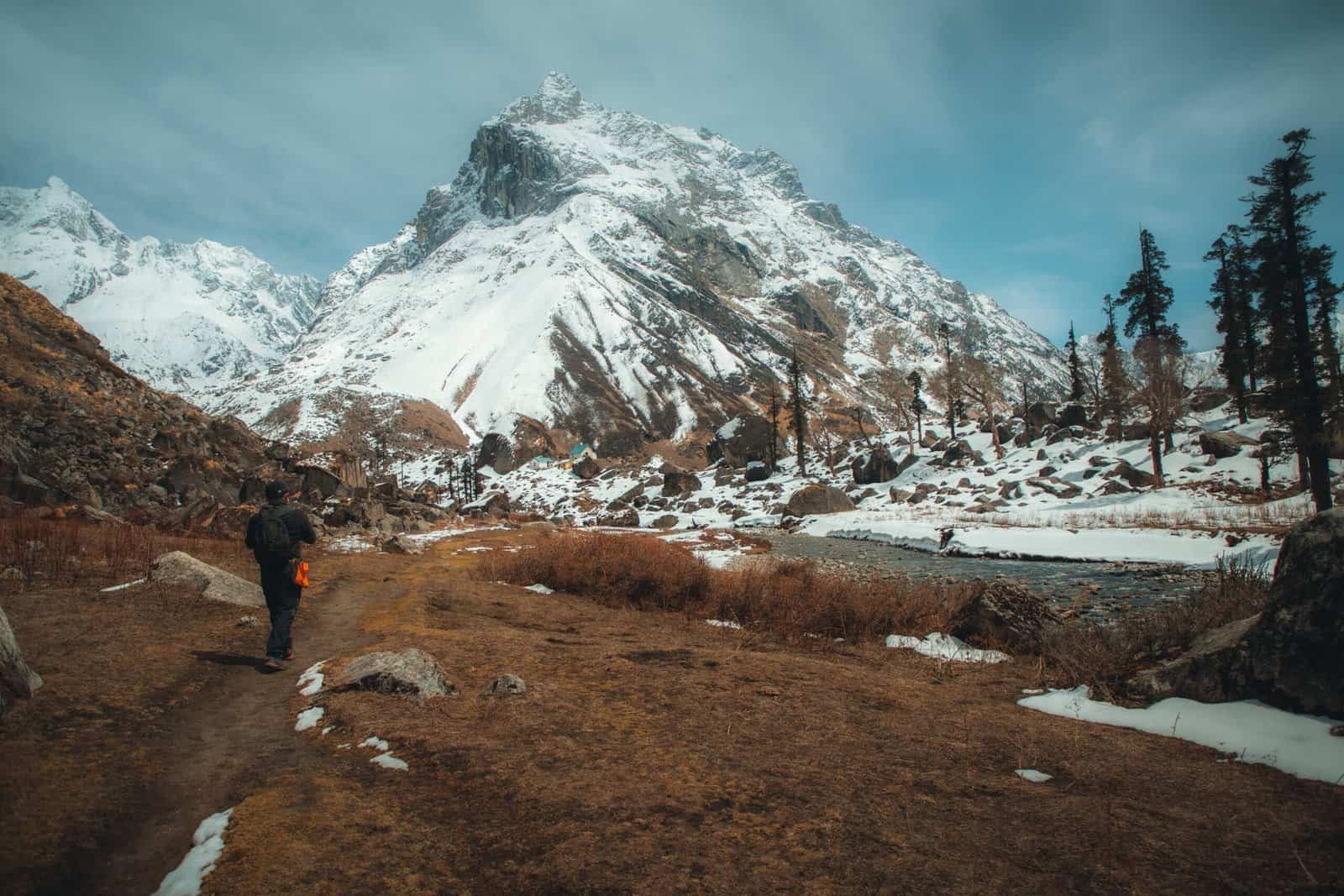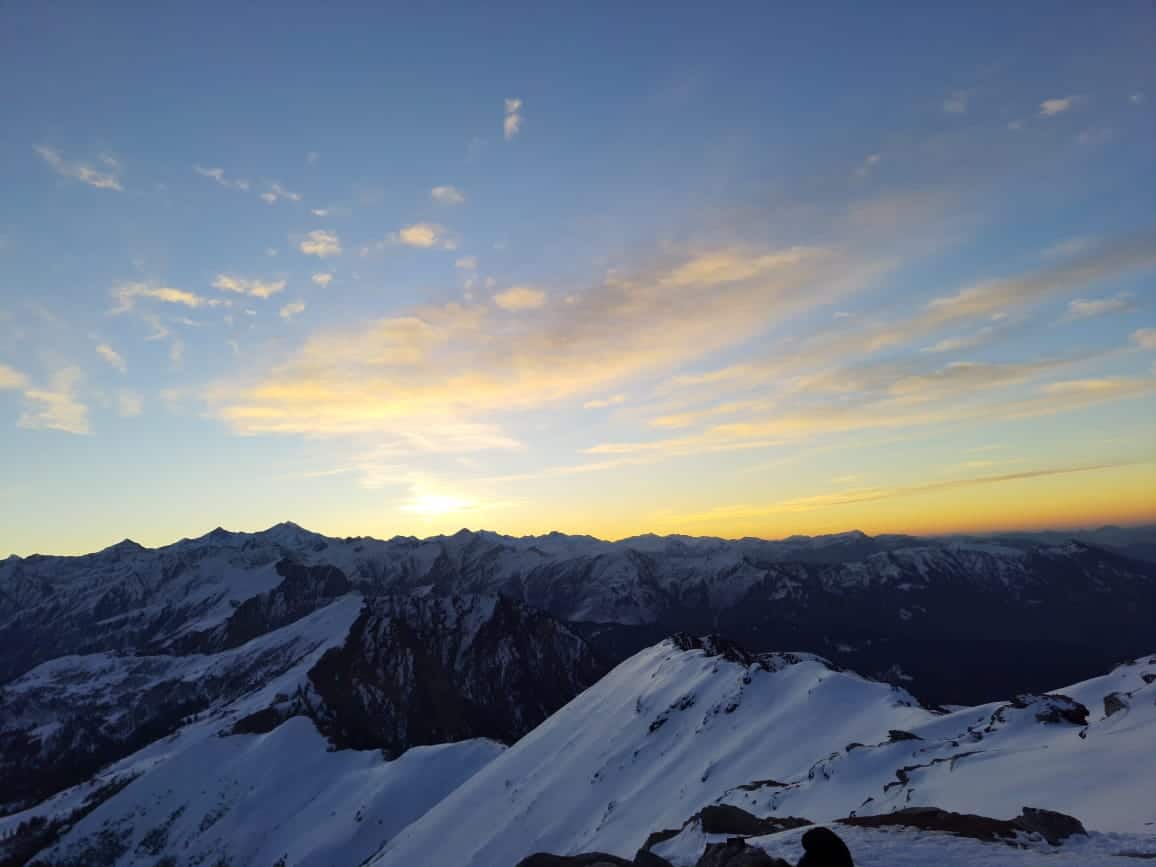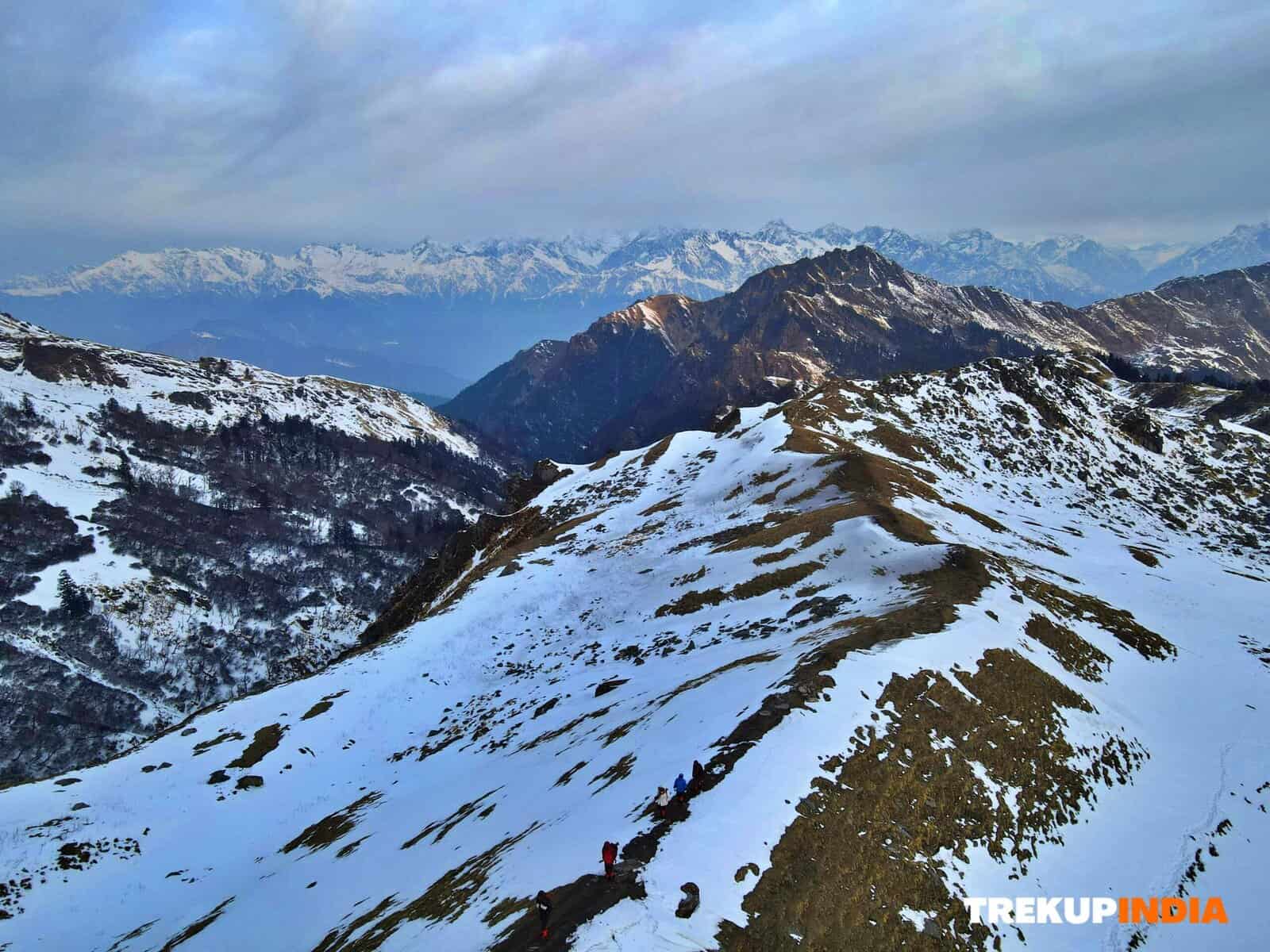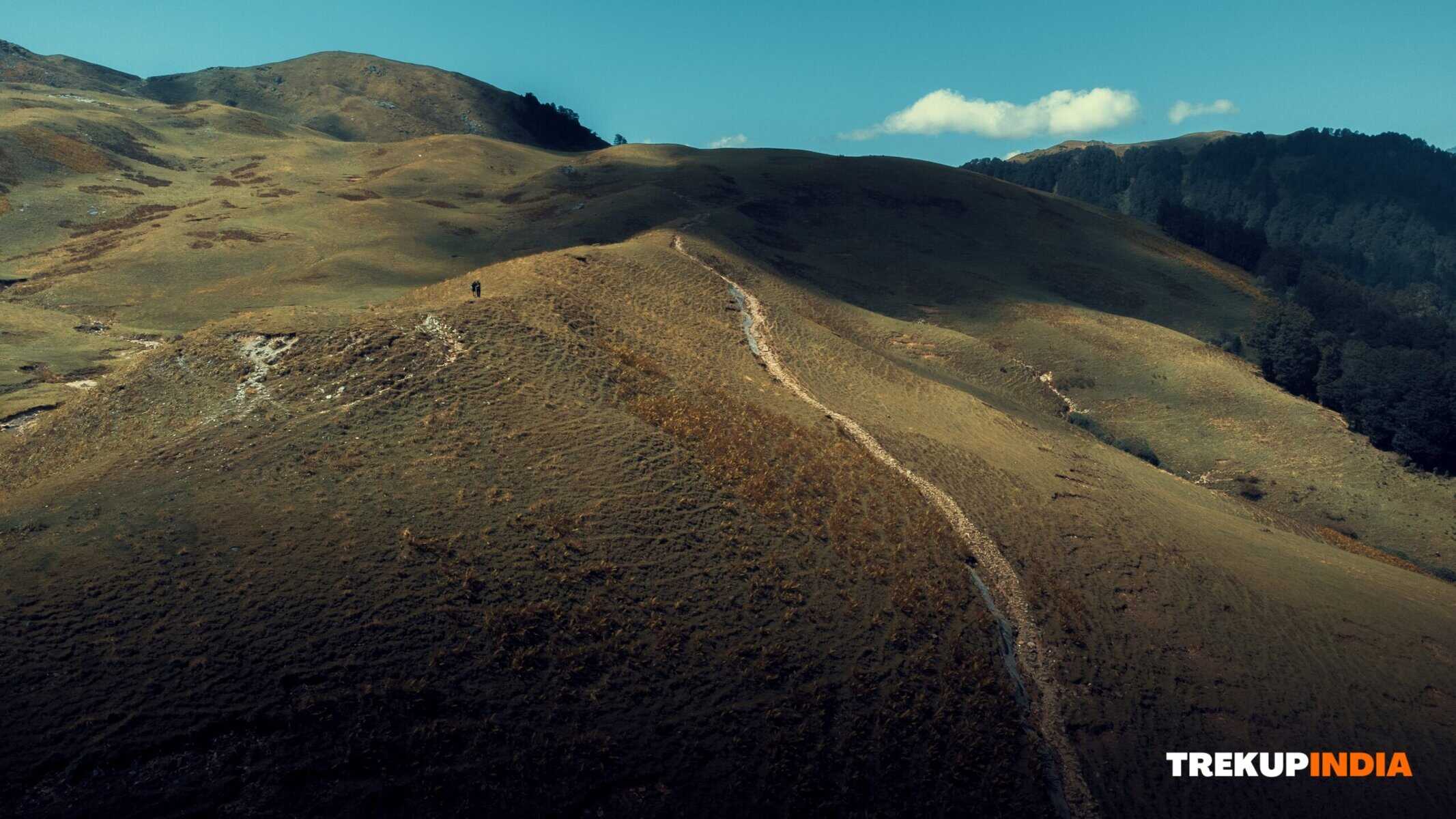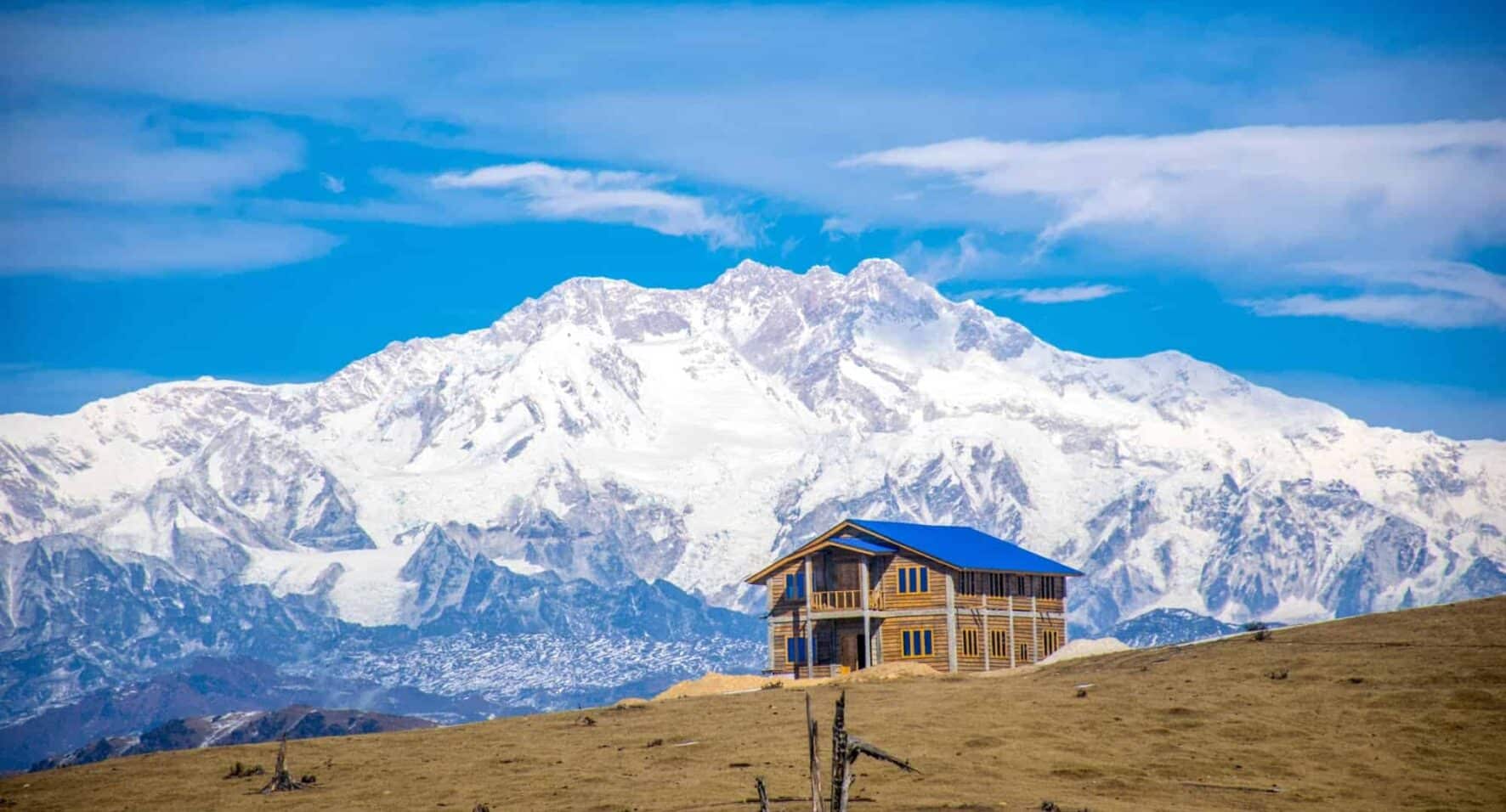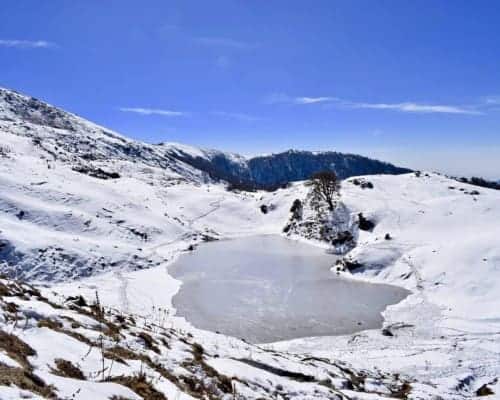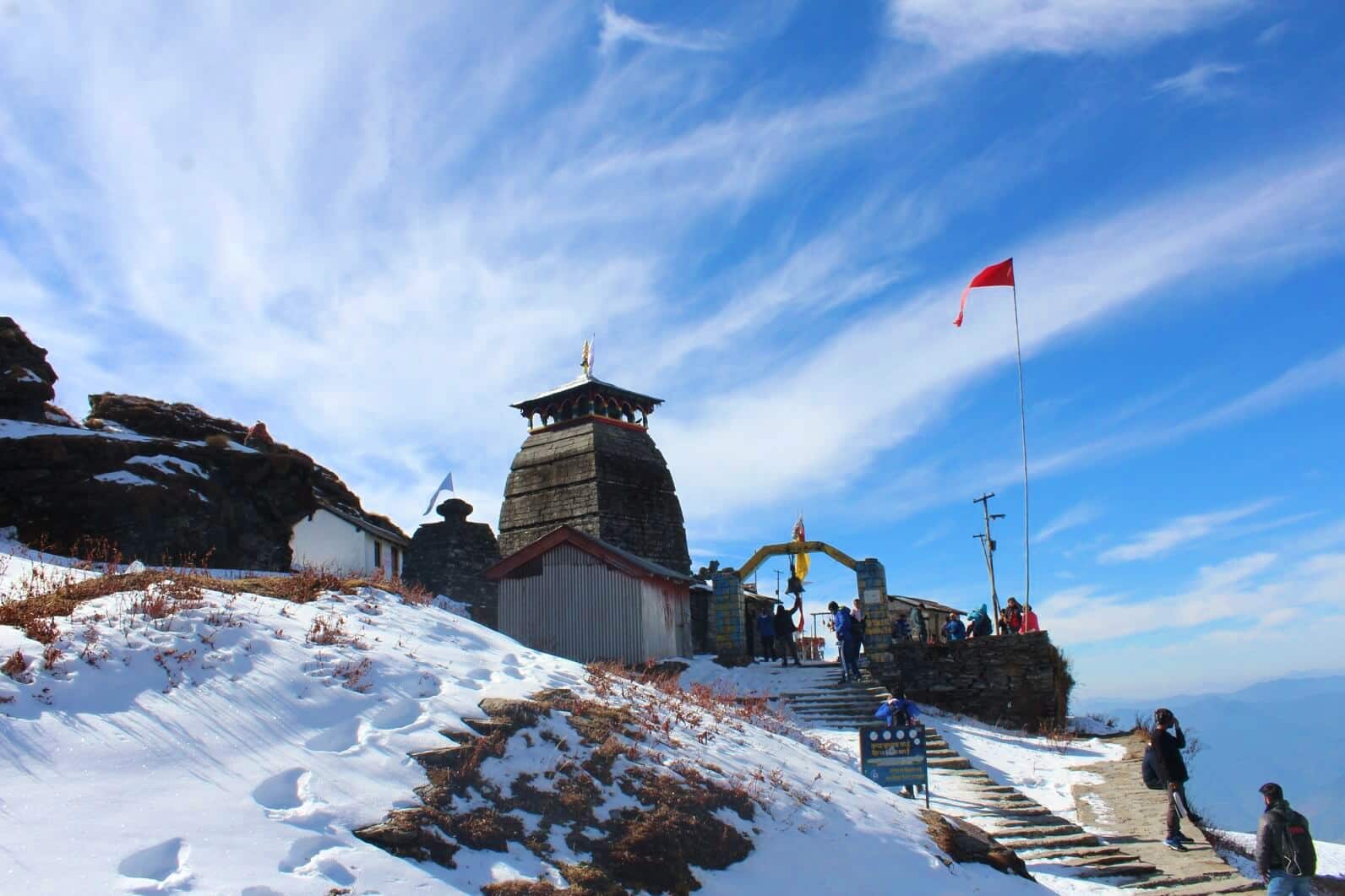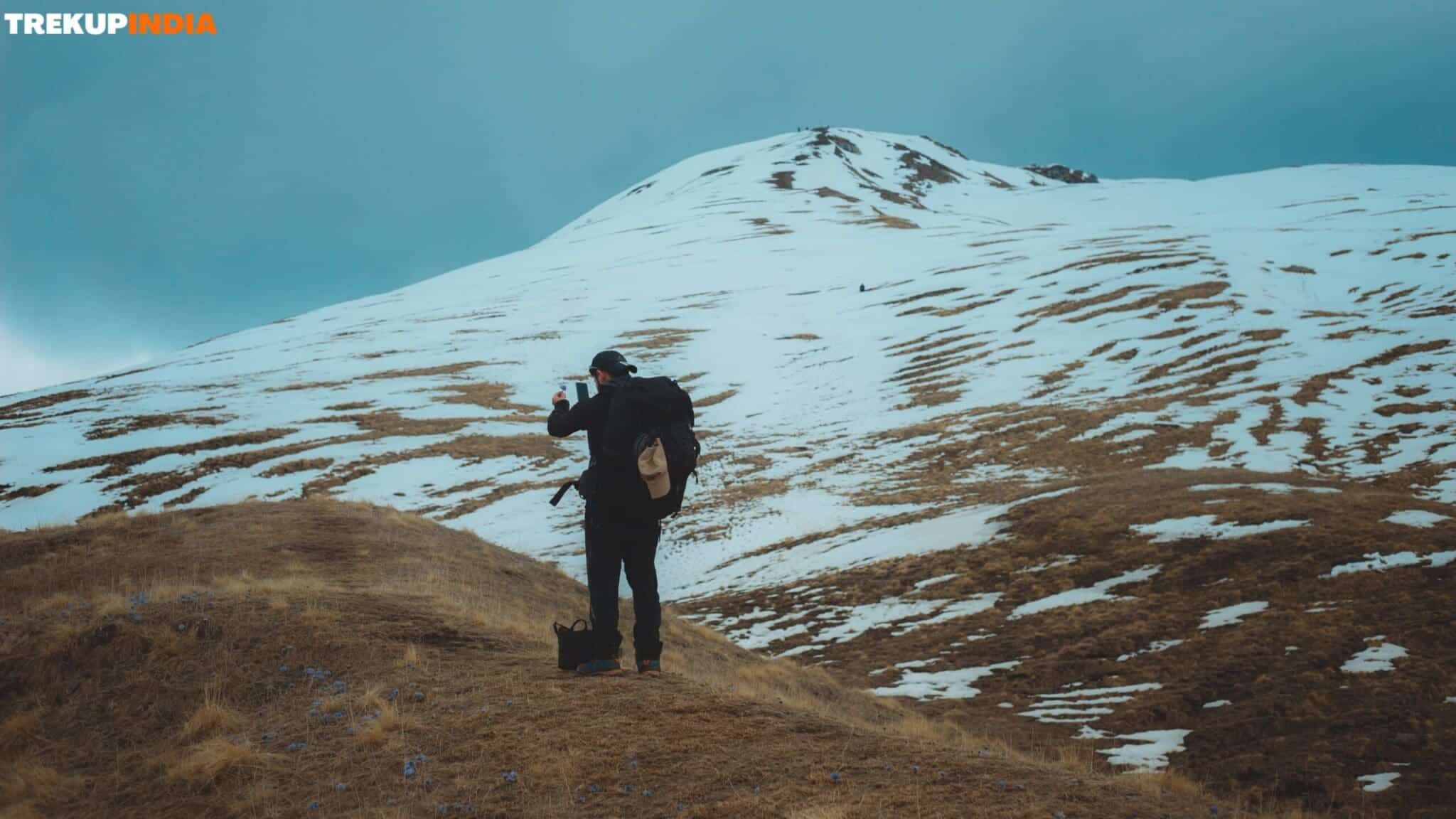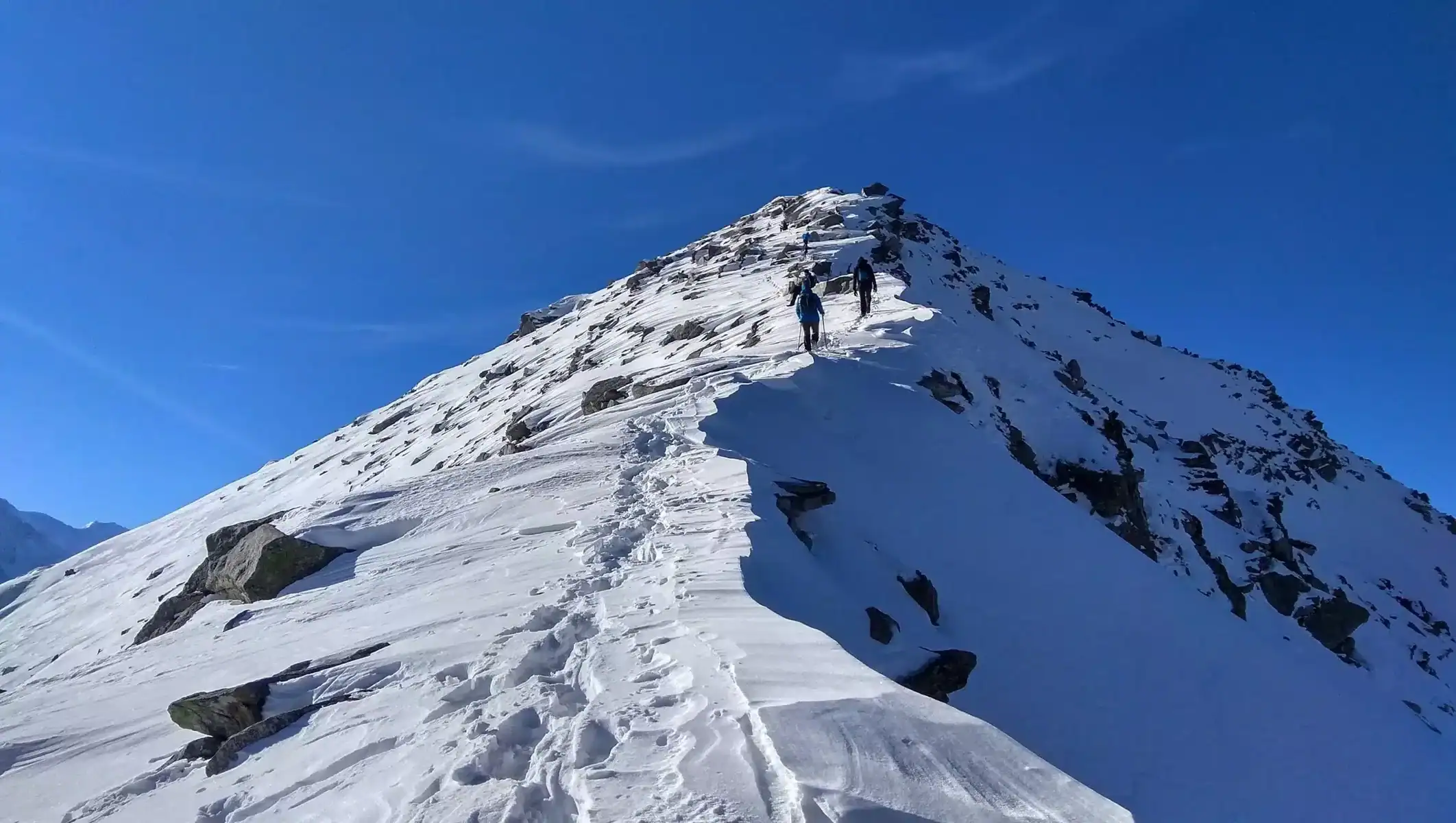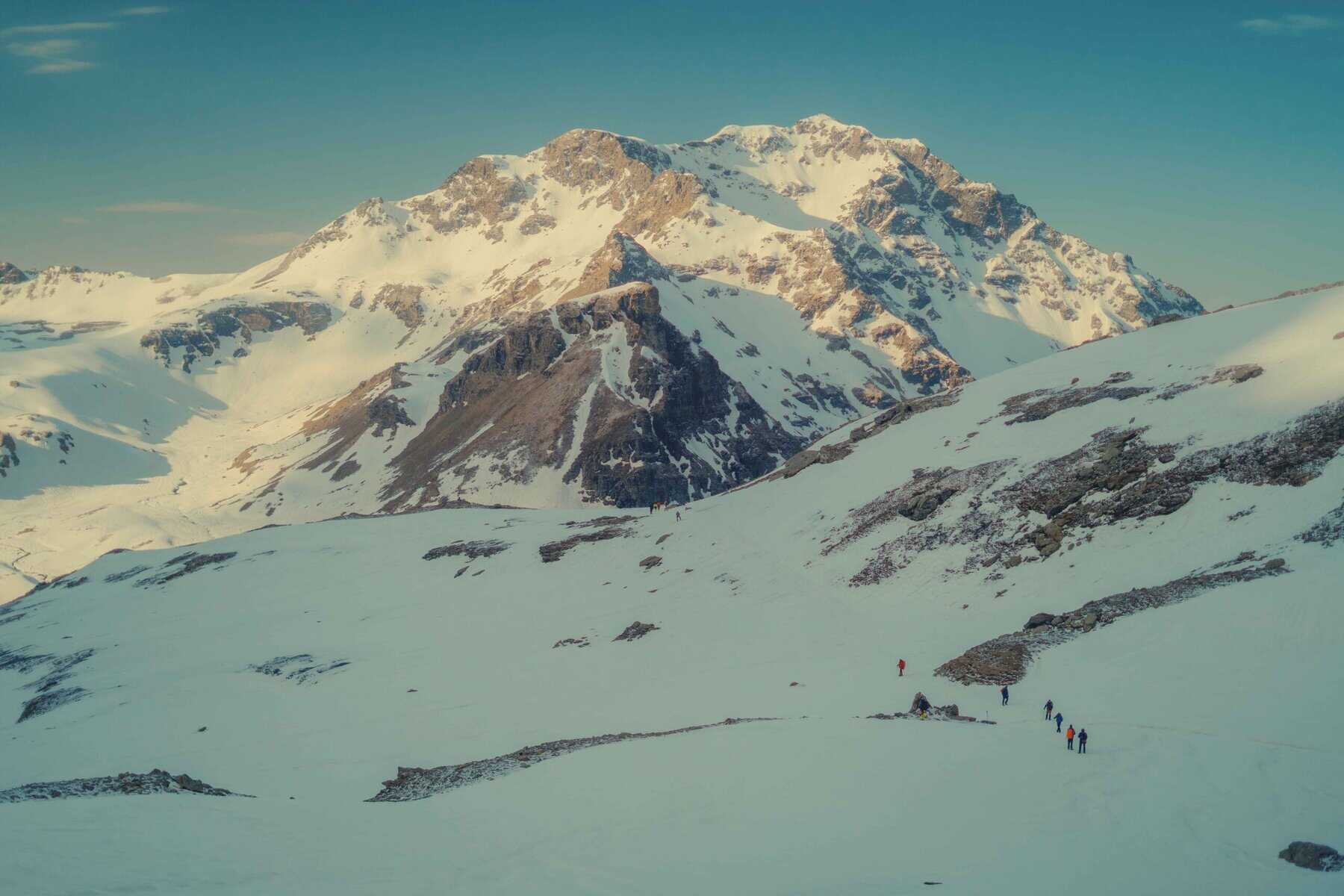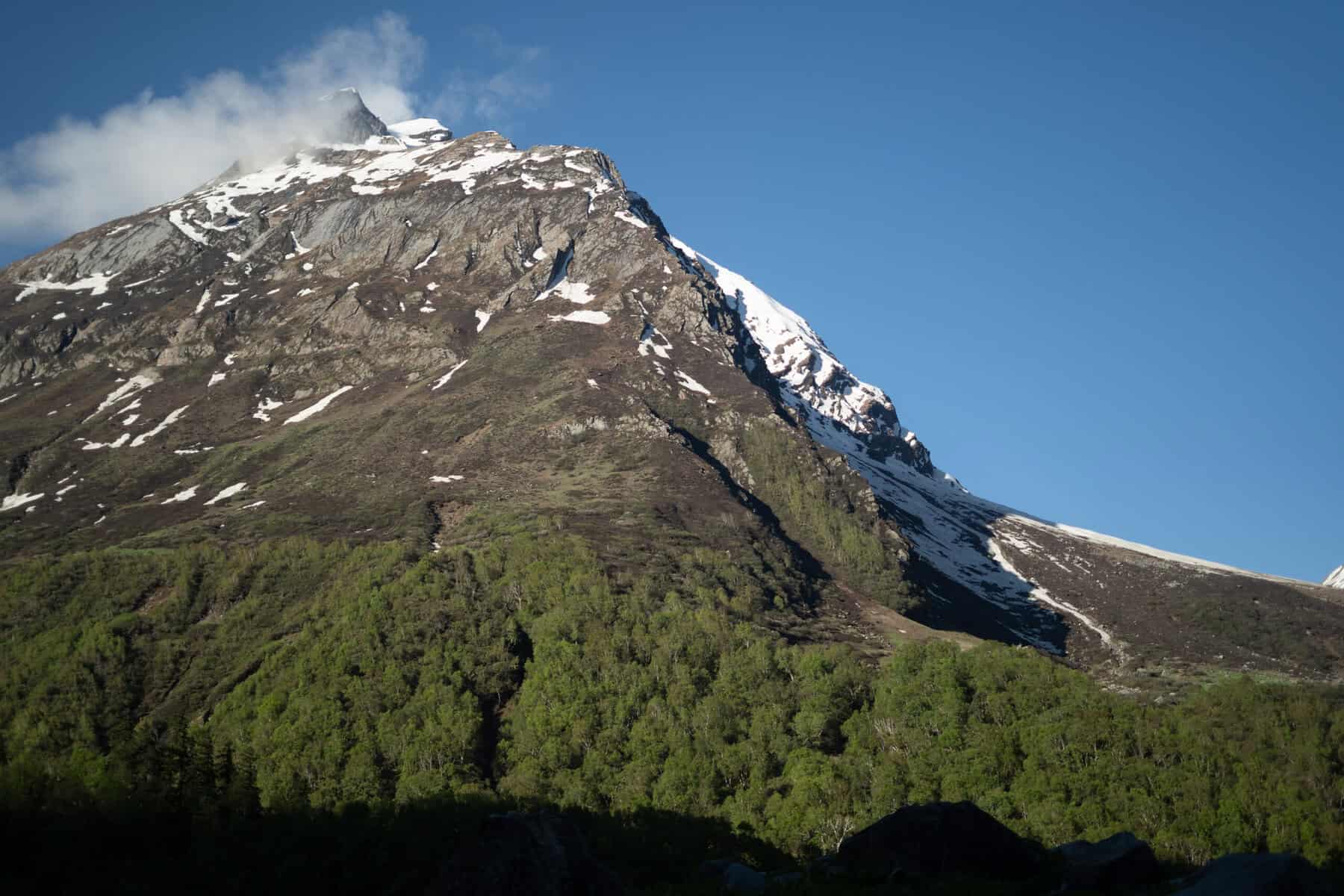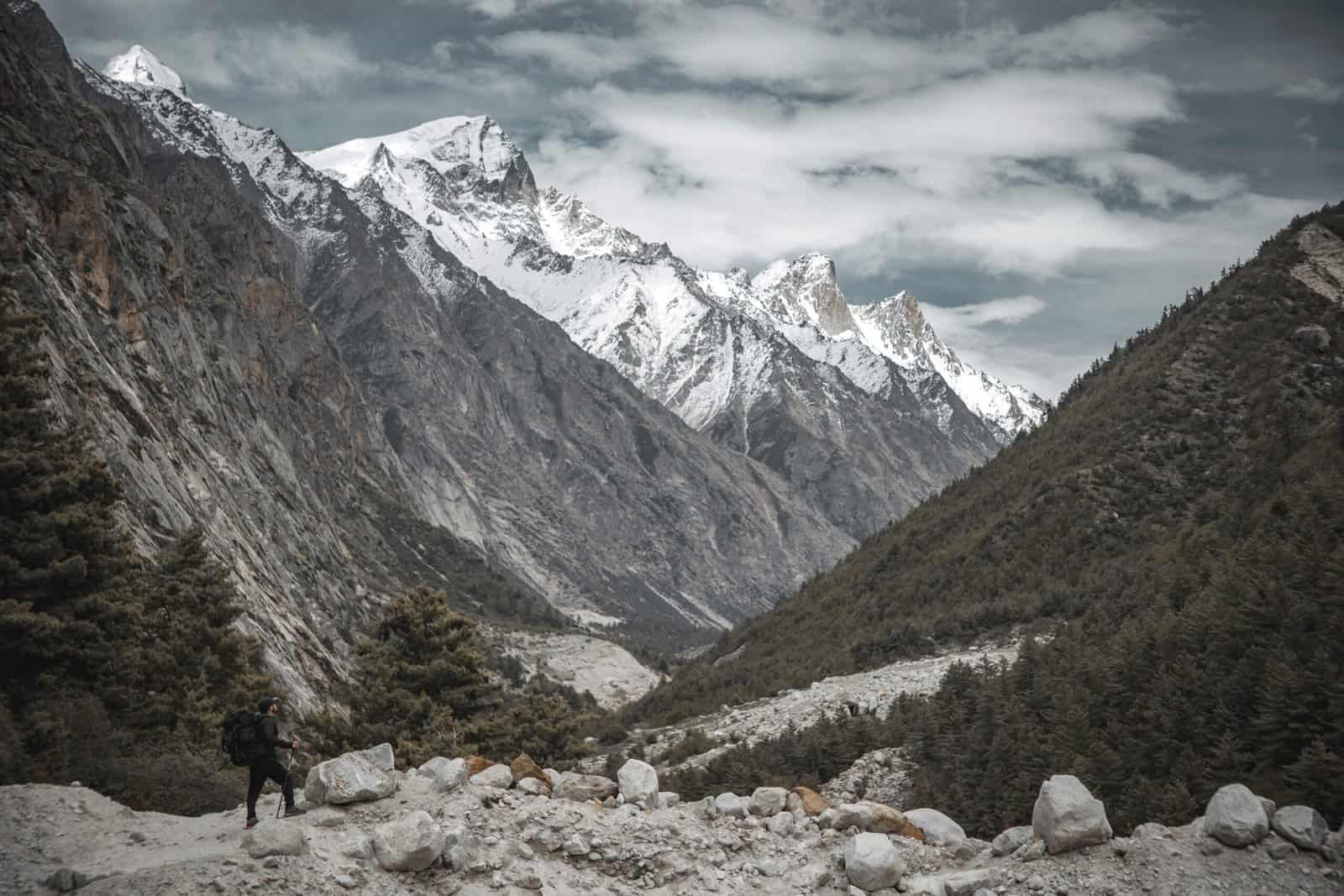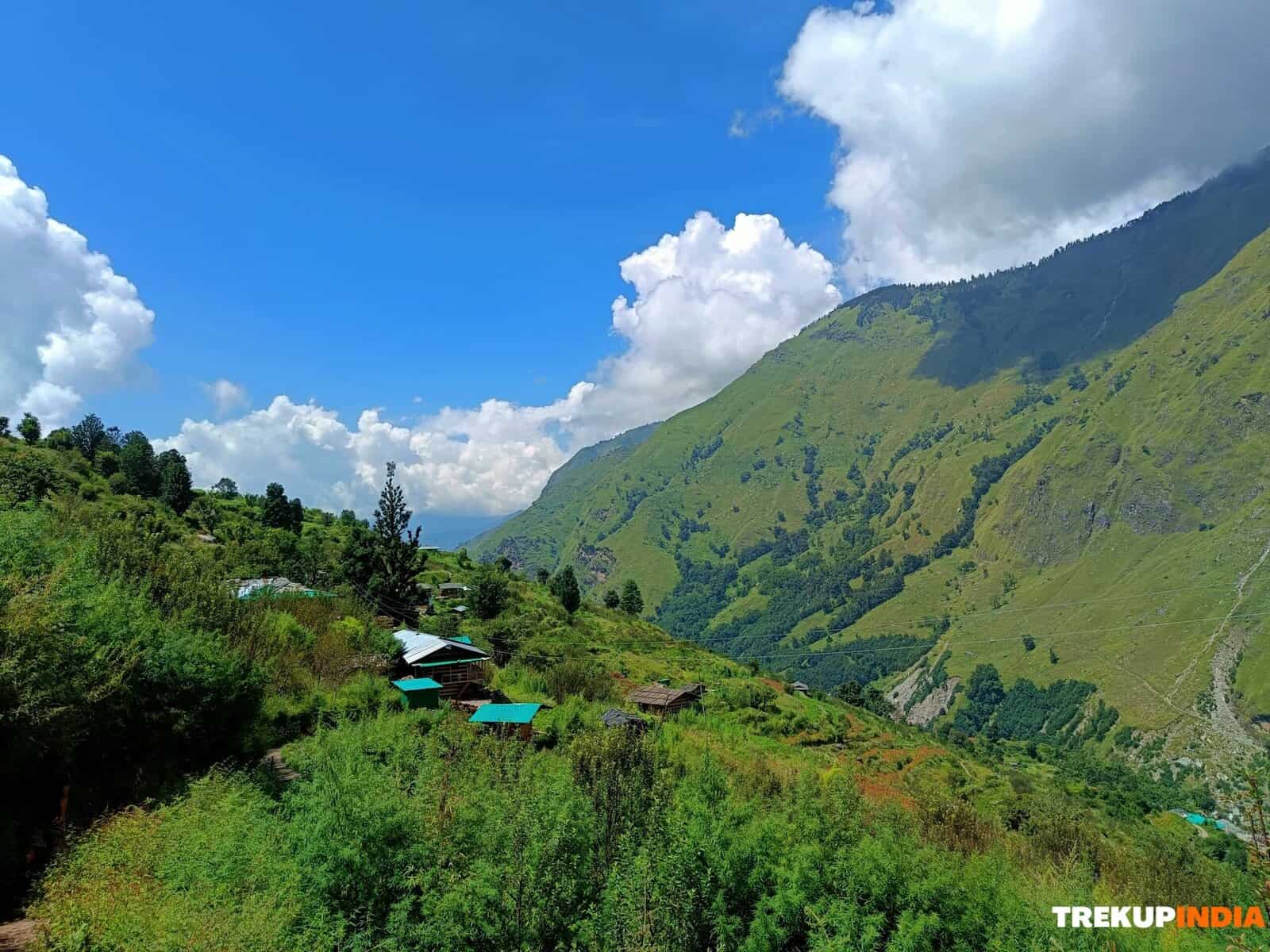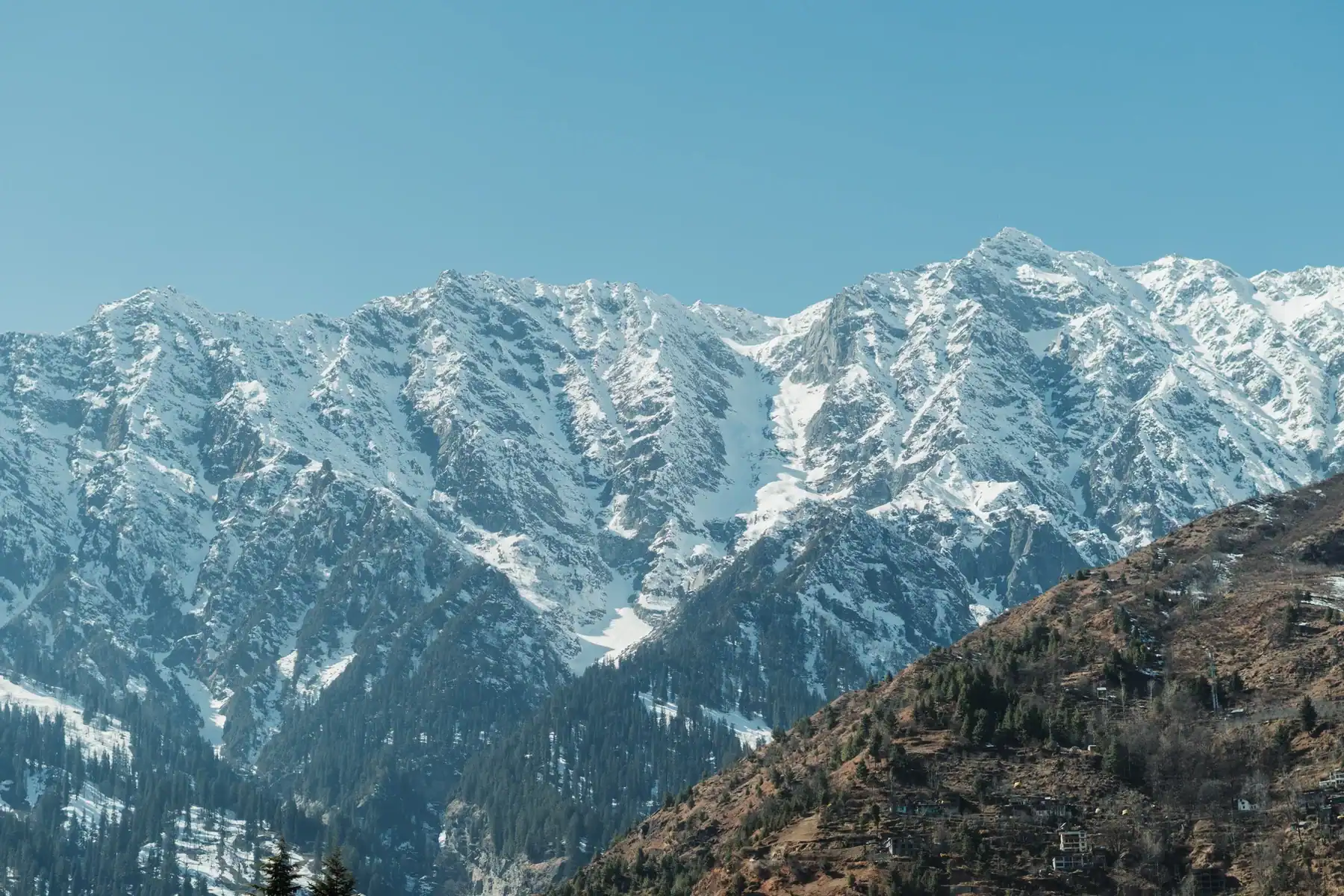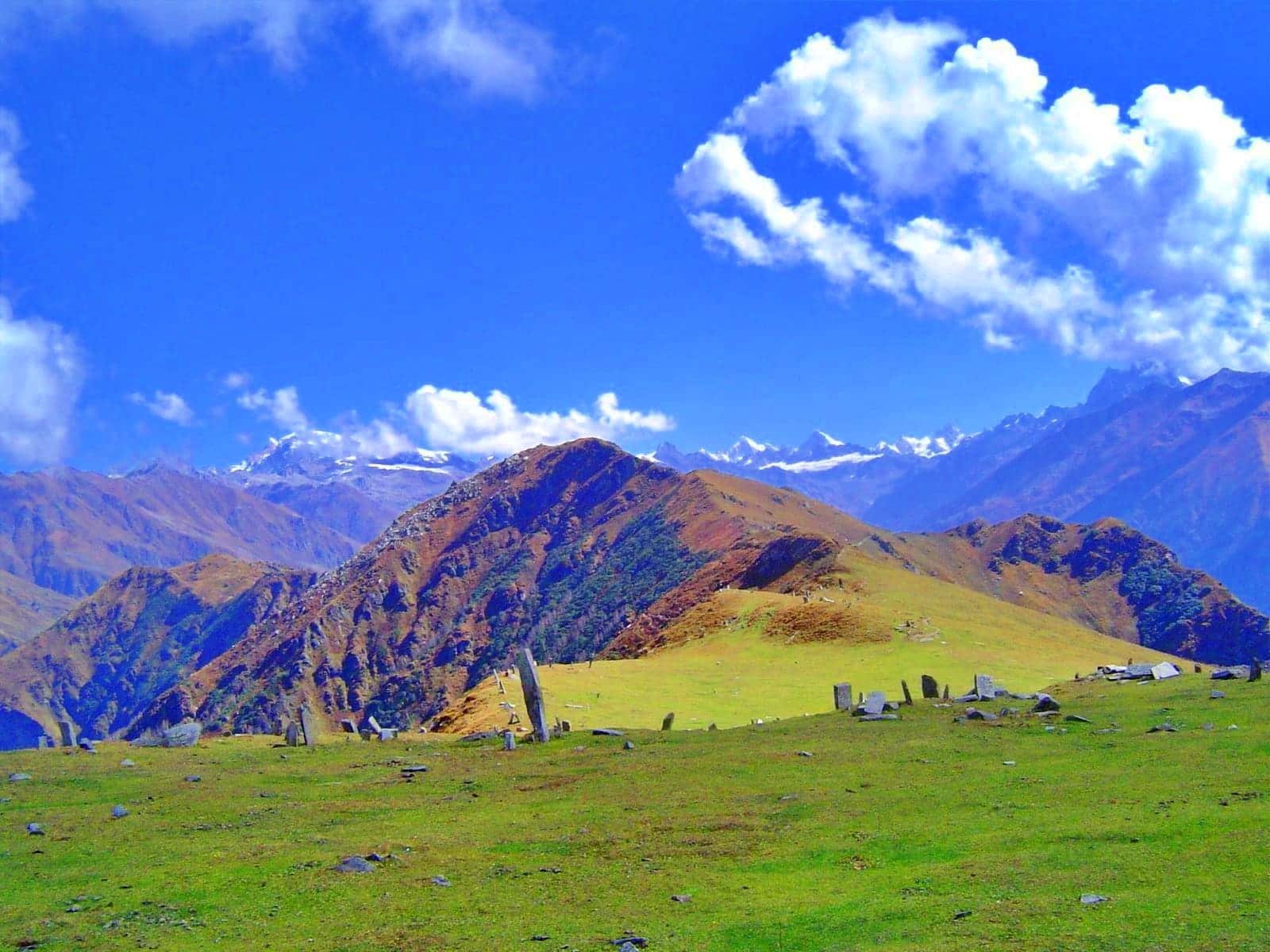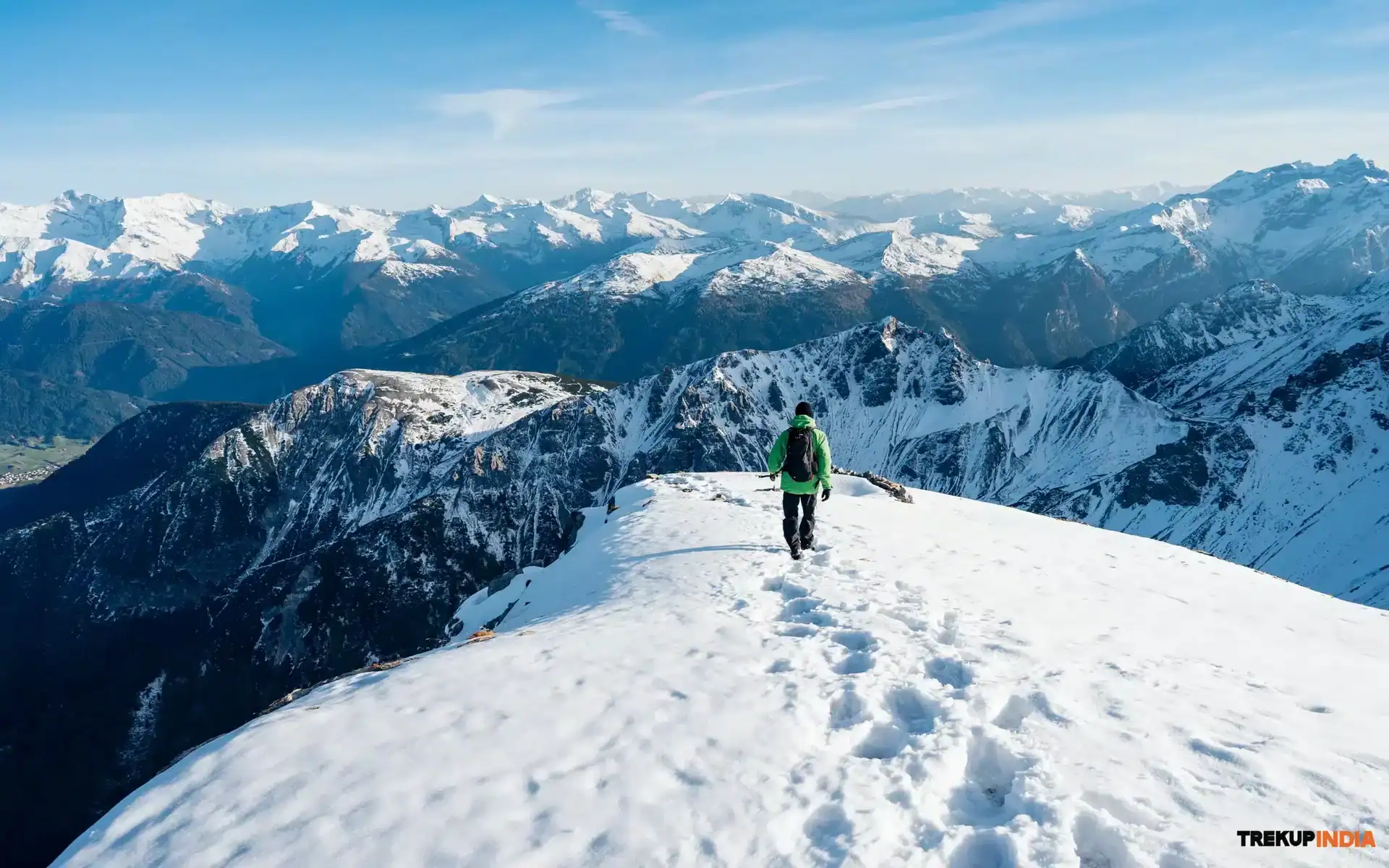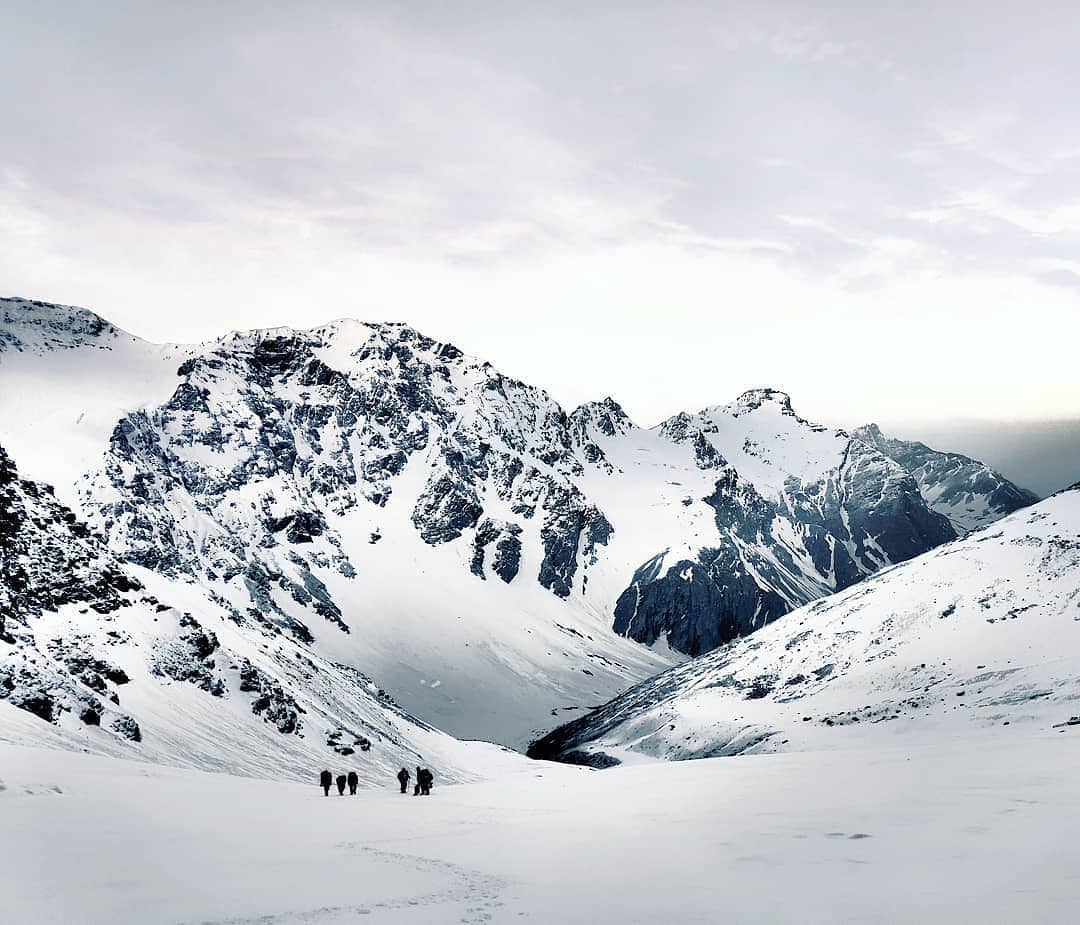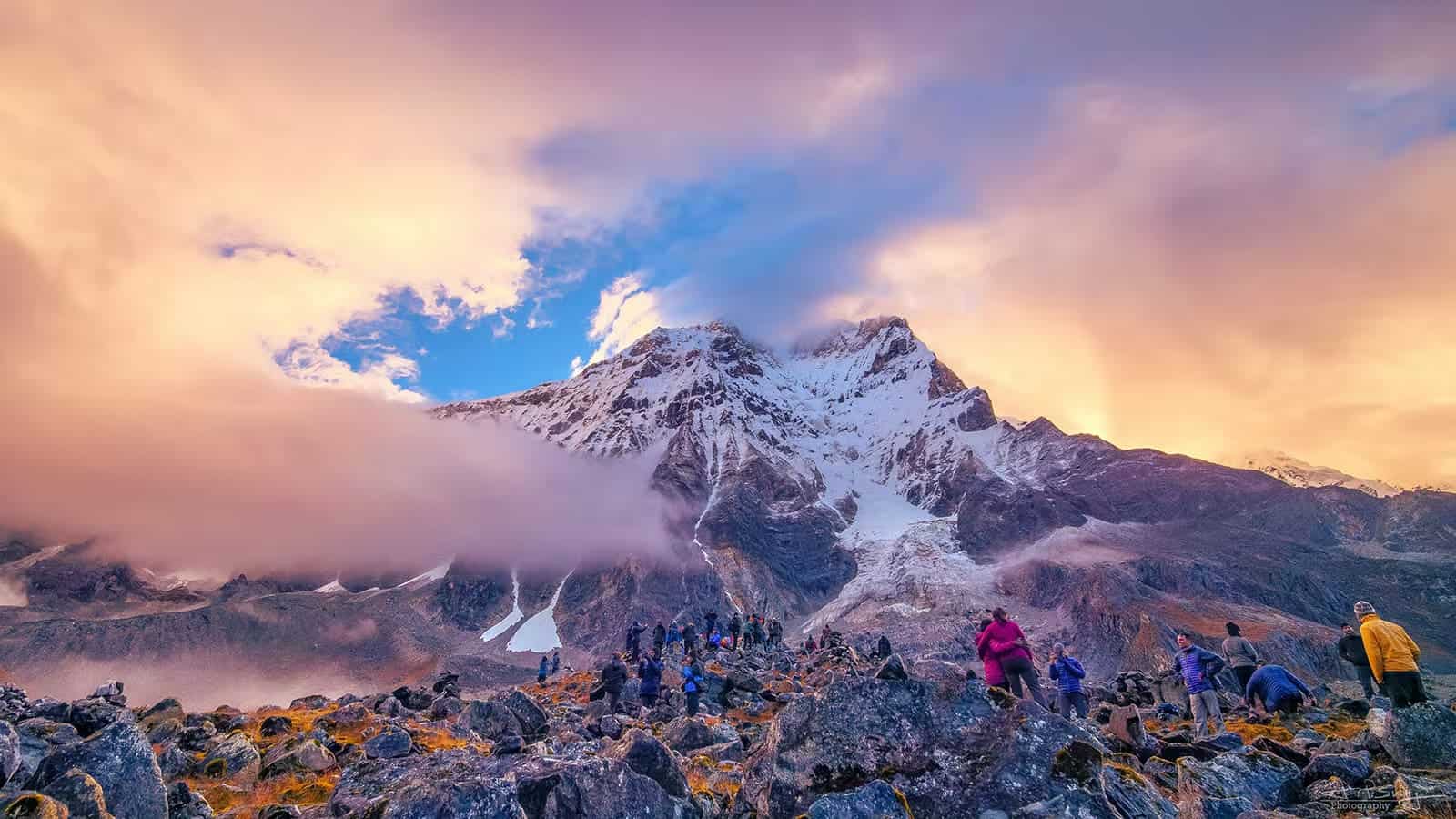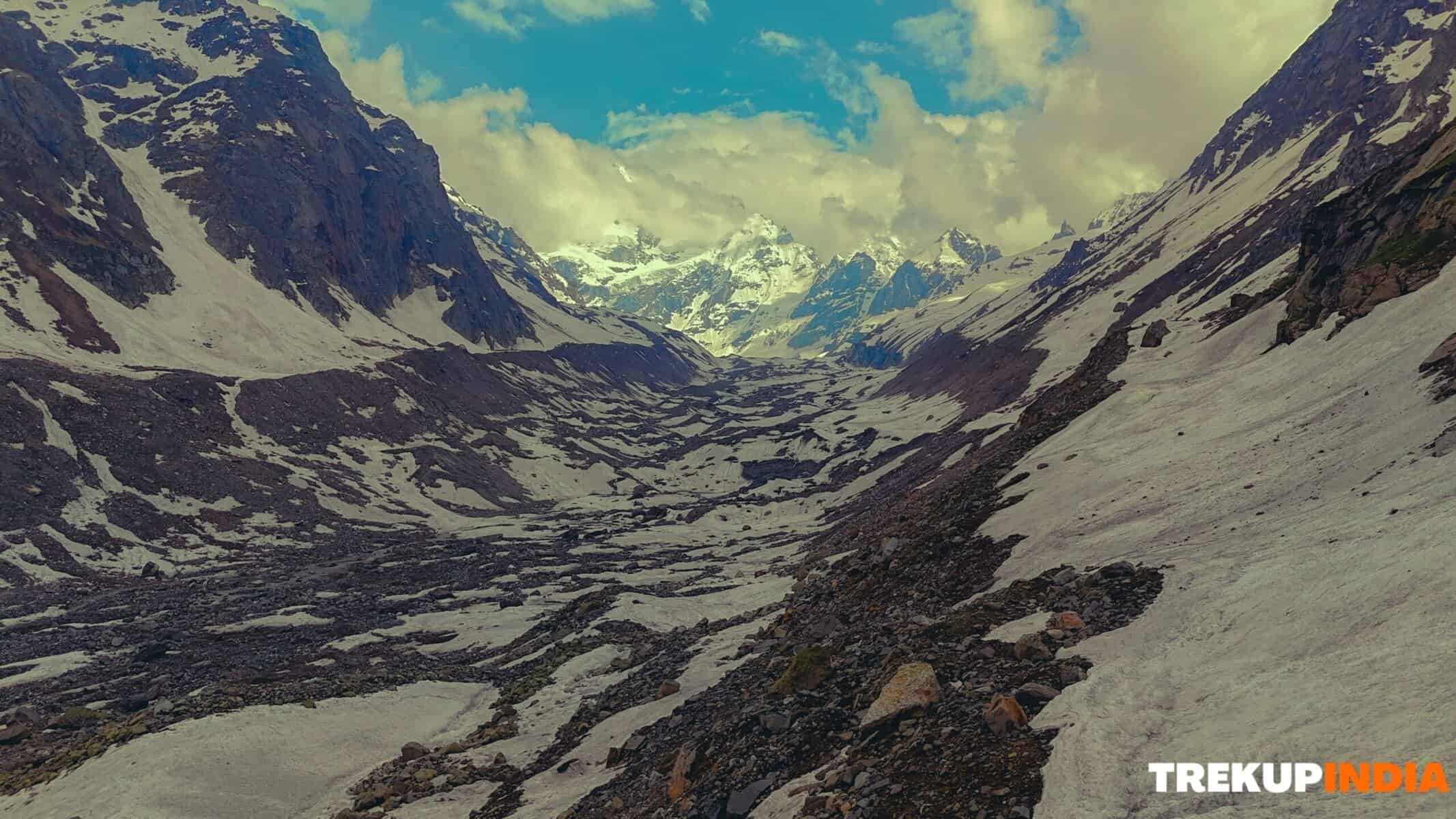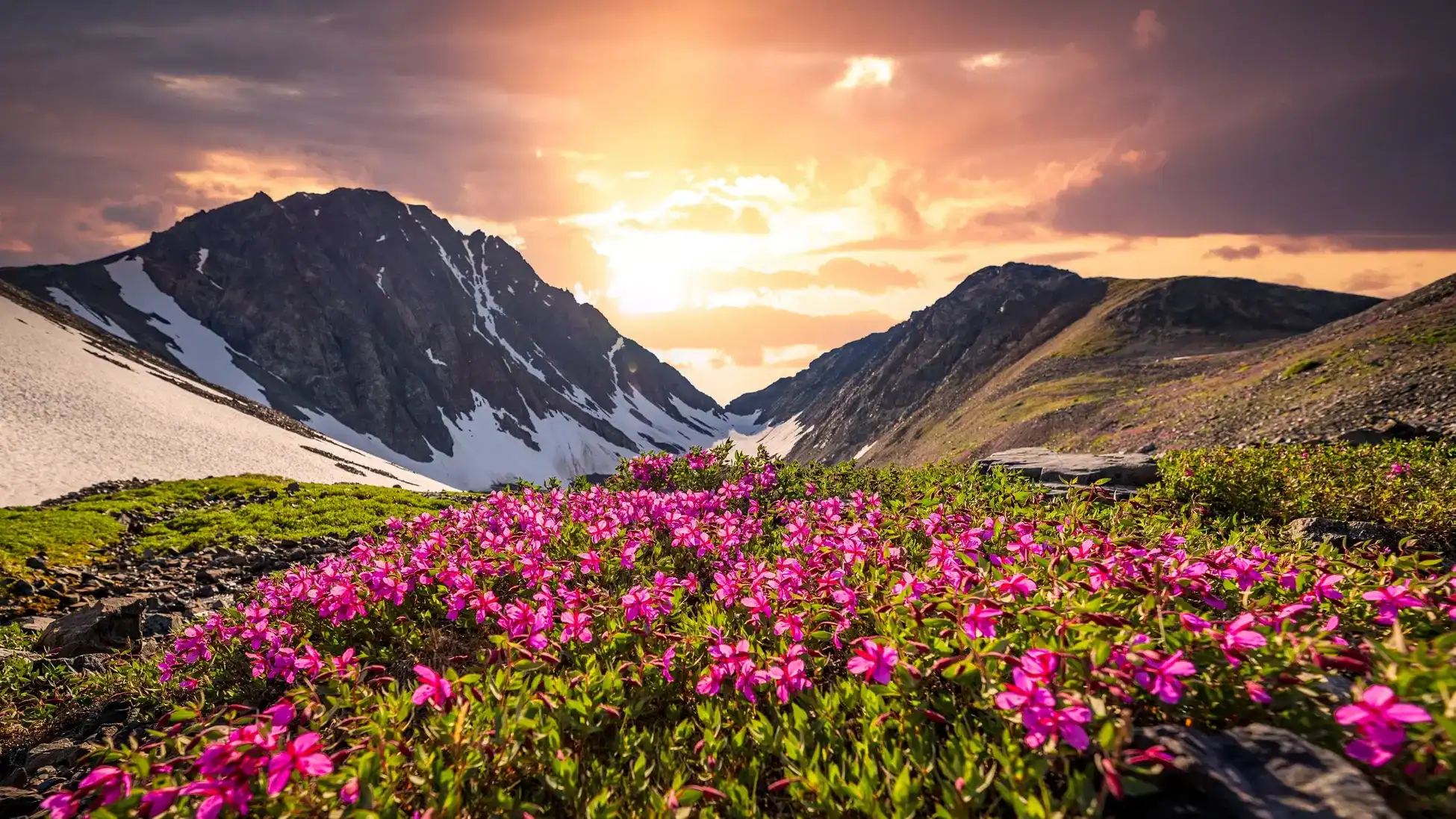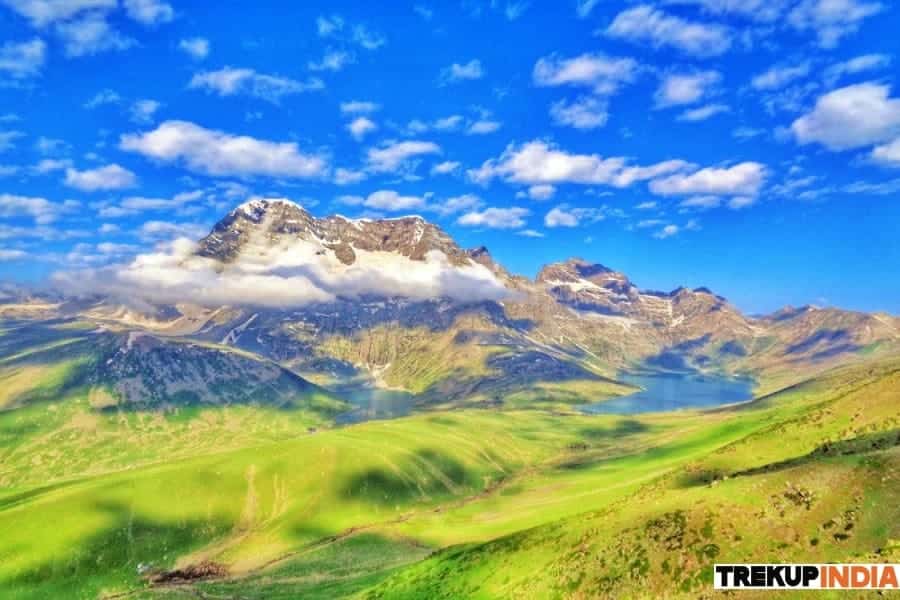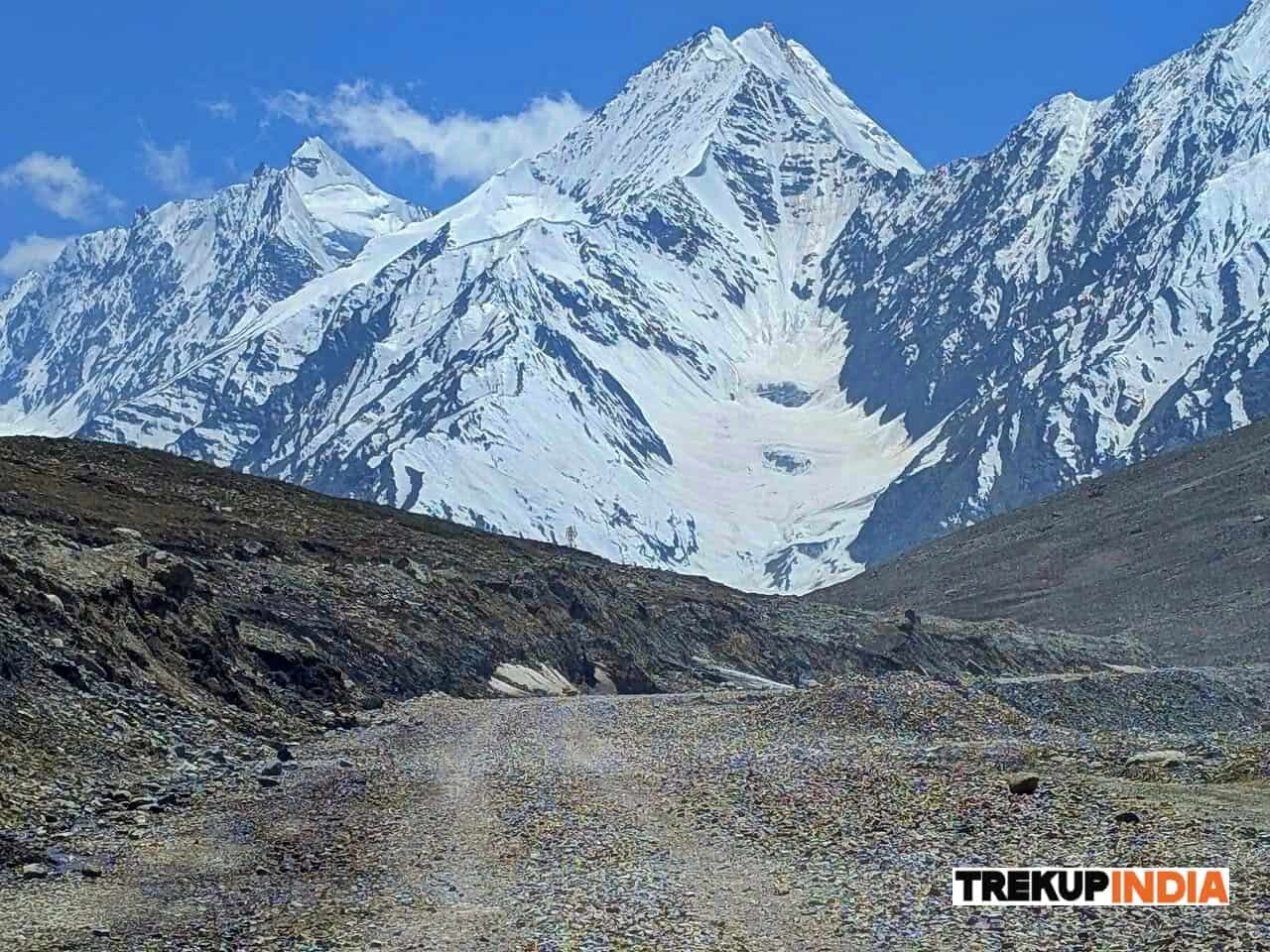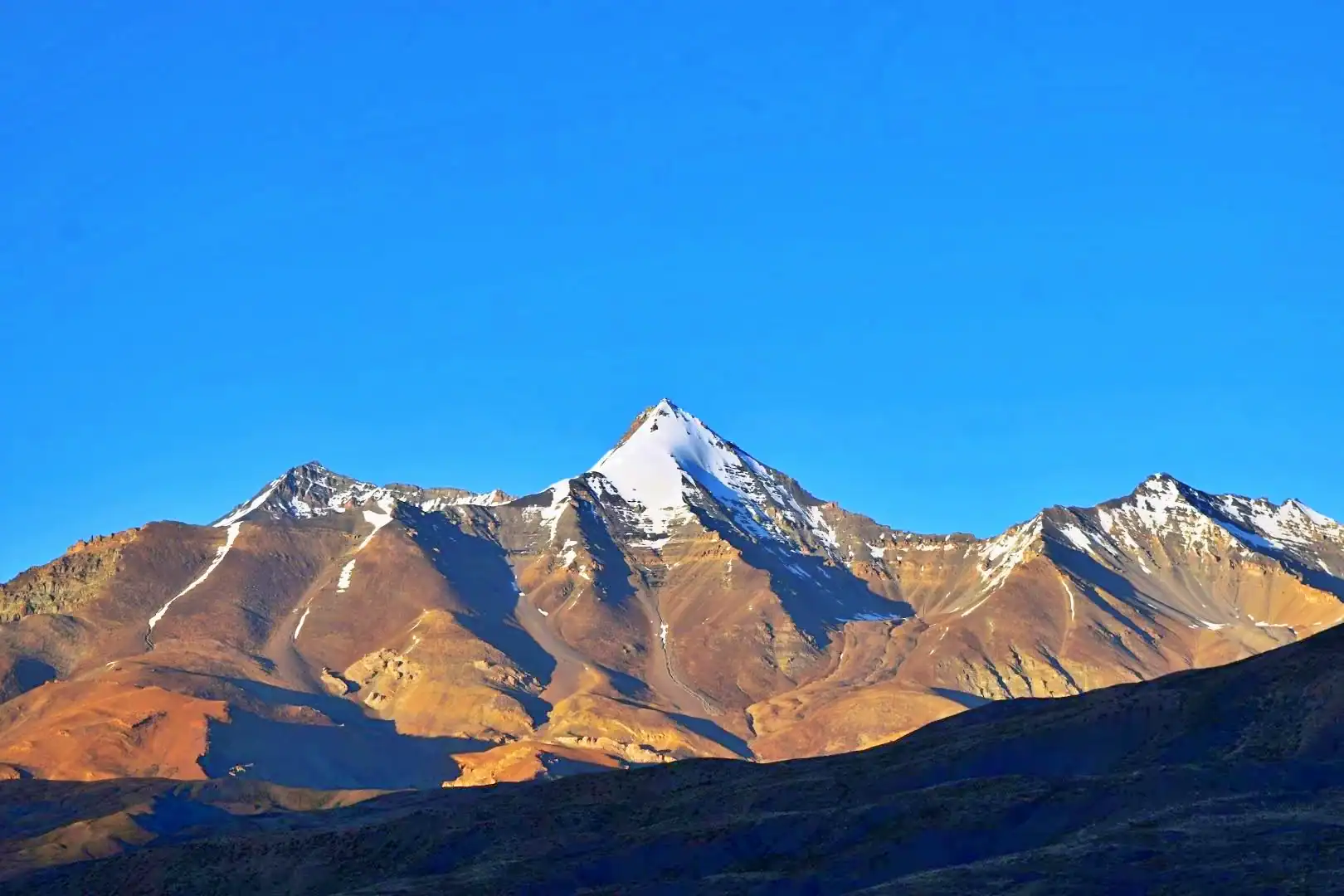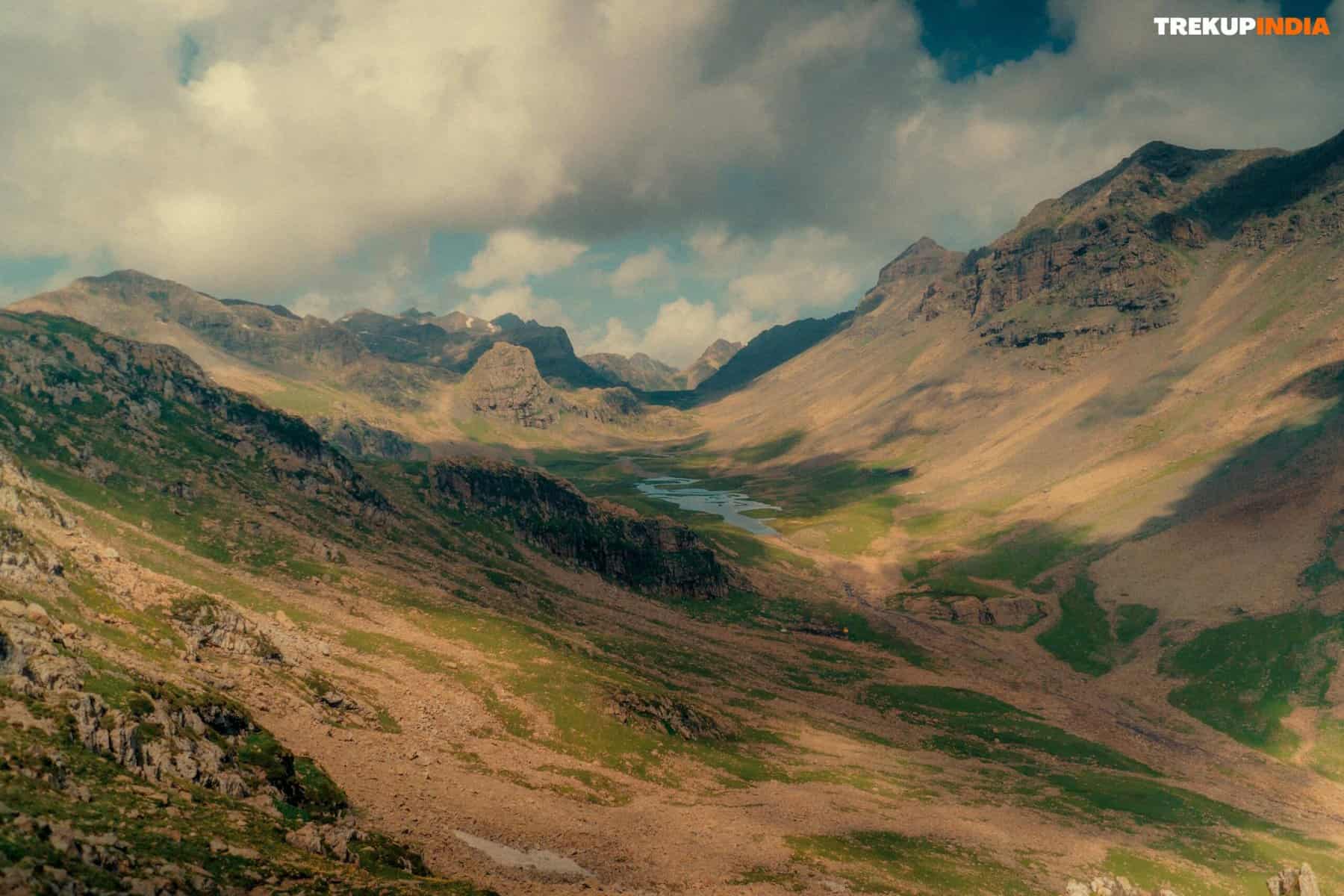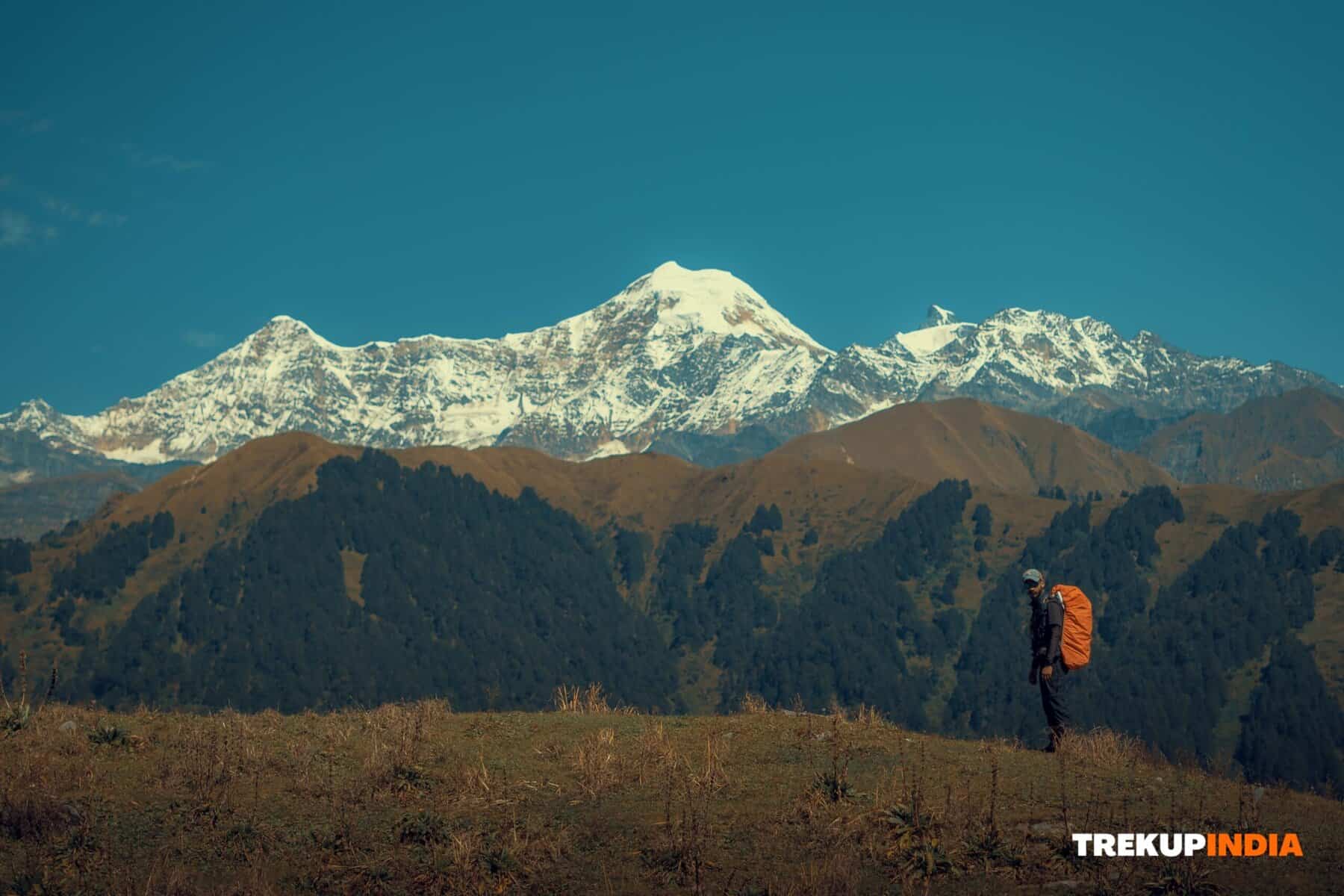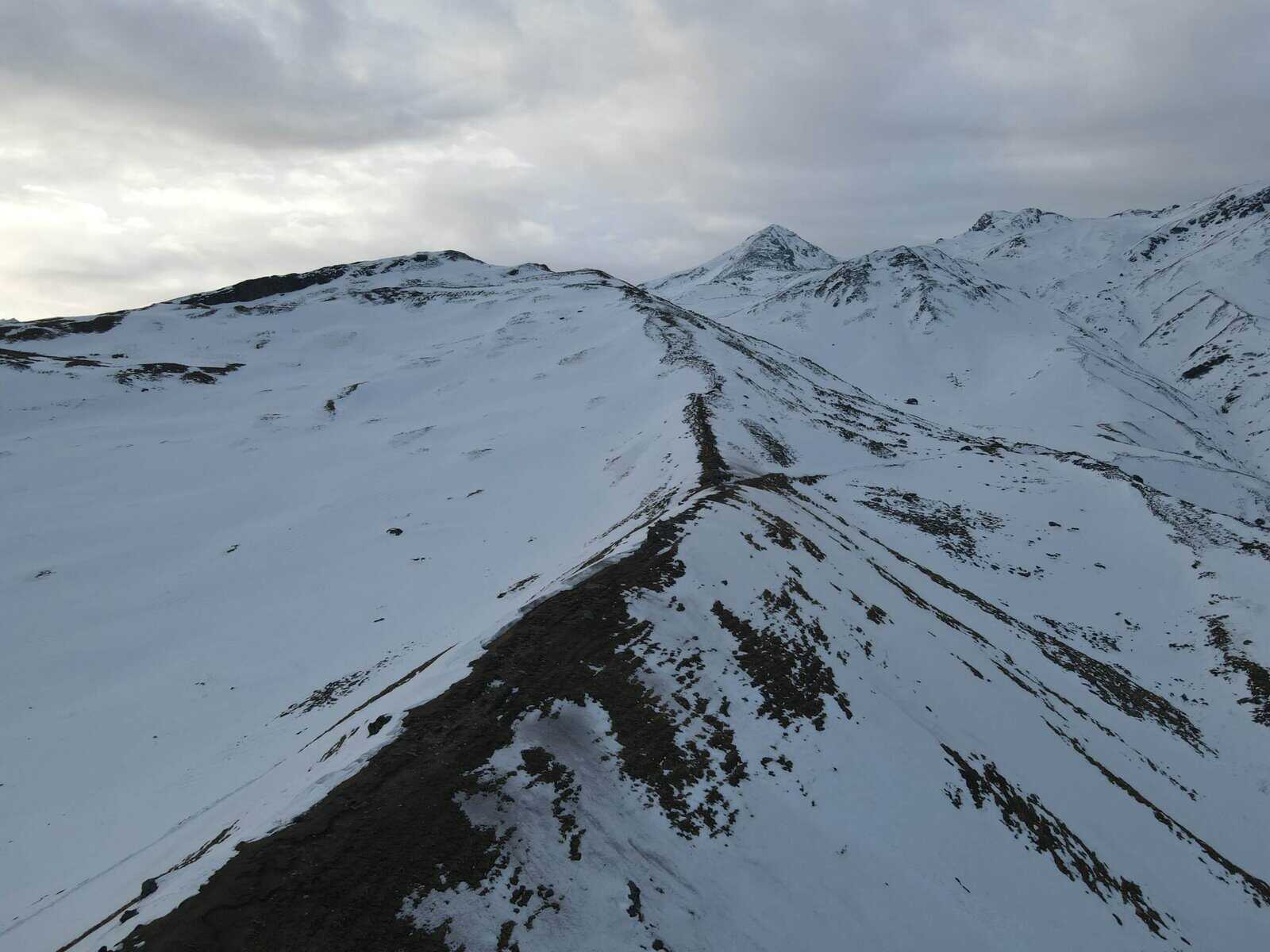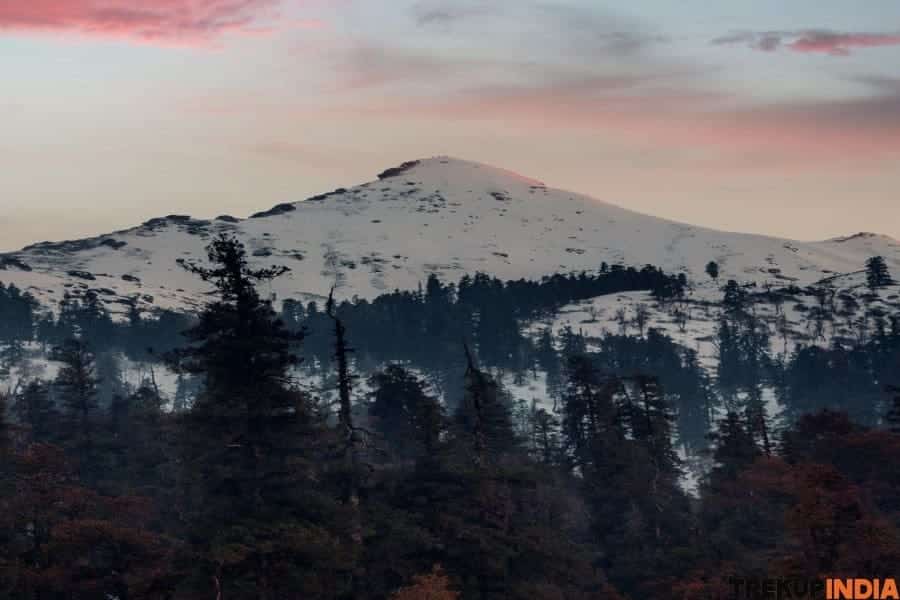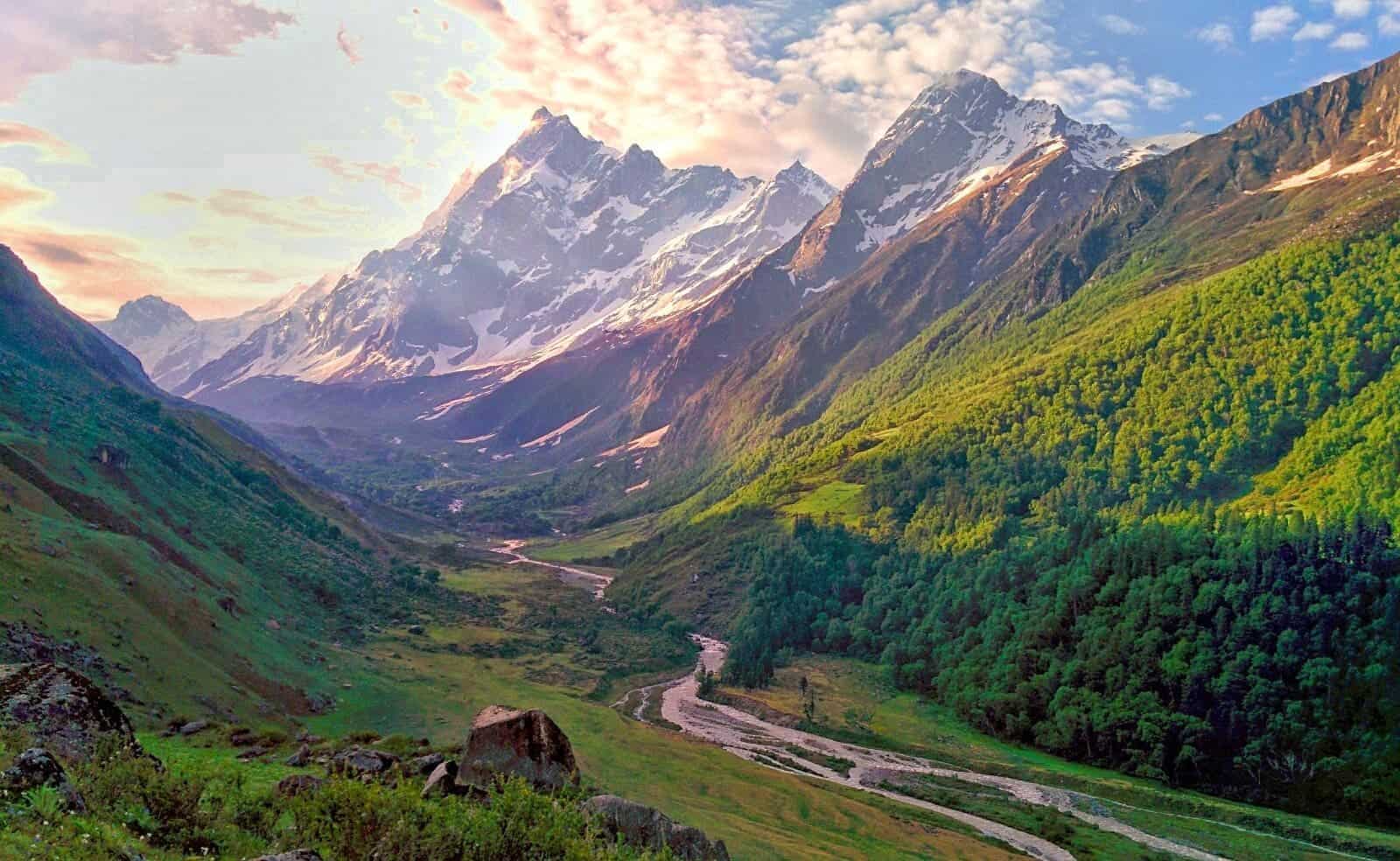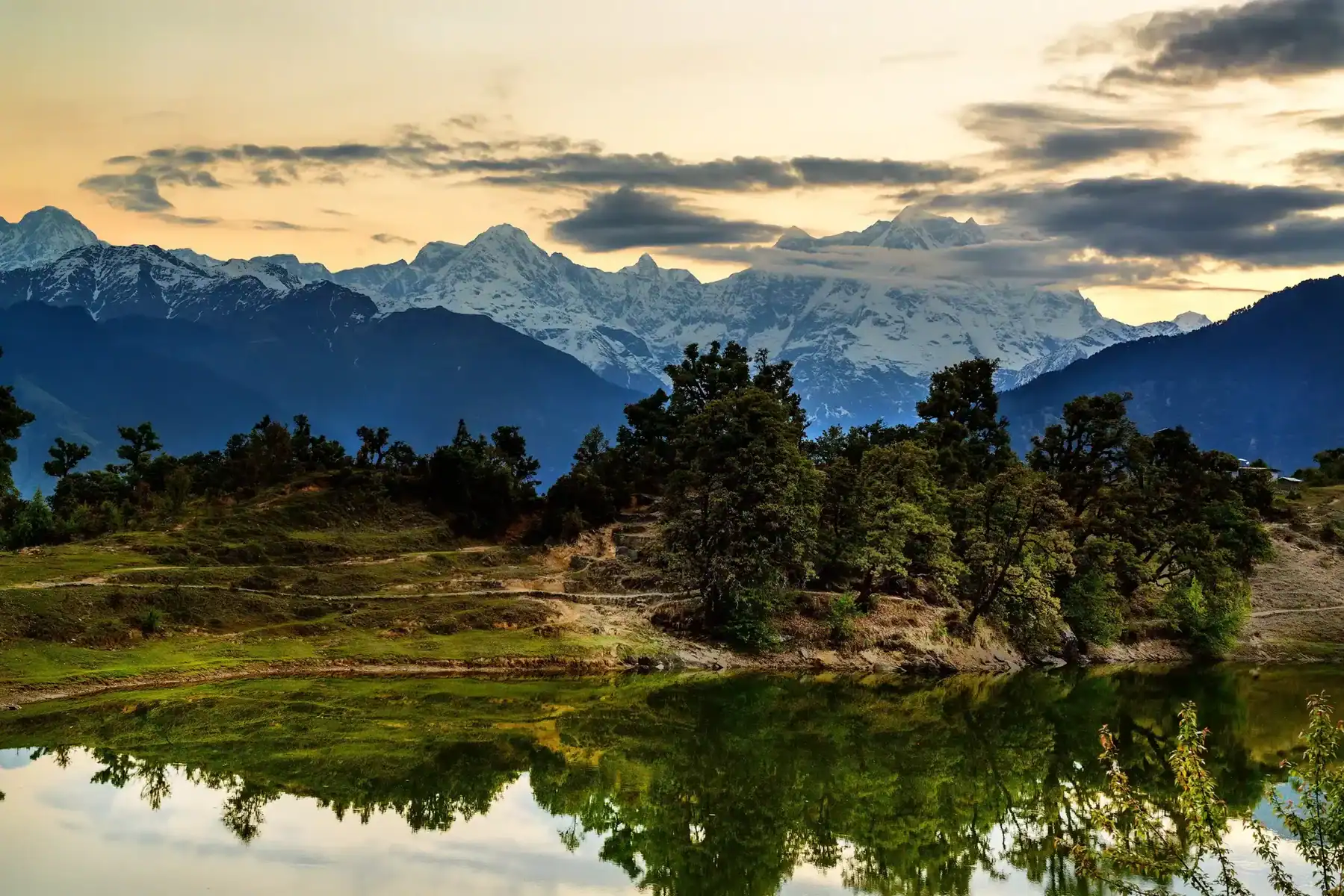15 Benefits Of Trekking
15 Transformative Benefits of Trekking in the Himalayas
A winter trek in the Himalayas offers more than just physical adventure—it provides a profound opportunity for personal growth, spiritual awakening, and a deeper connection with nature. Here are 15 compelling reasons why a Himalayan trek can be a life-changing experience:
1. Physical Fitness
Trekking at high altitudes enhances both physical endurance and mental resilience. The steady rhythm of walking builds stamina while bringing clarity and calmness to the mind.
2. Mental Strength
Facing unpredictable weather and challenging terrain cultivates perseverance and self-discipline. Overcoming these obstacles builds mental toughness and a quiet confidence.
3. Mesmerizing Views
The Himalayan landscapes—towering peaks, snowy trails, and pristine valleys—offer visual experiences that stir awe and wonder, deeply touching the soul.
4. Inner Connection
The repetitive motion of trekking becomes meditative, allowing you to tune into your thoughts and emotions. It’s a journey not just outward, but inward.
5. Solitude and Tranquility
Moments of stillness in the mountains provide space for introspection, helping you find peace in silence and solitude—something rare in daily life.
6. Escape the Monotony
Breaking away from your everyday routine helps reset your mind, offering perspective and a chance to re-center yourself in nature.
7. Cultural Immersion
Interacting with Himalayan communities exposes you to rich traditions and humble wisdom. It’s a reminder of simplicity, resilience, and human connection.
8. Wildlife Encounters
Spotting rare species in their natural habitat builds appreciation for biodiversity and encourages respect for all living beings.
9. Discover Inner Peace
The vastness and serenity of the mountains encourage deep reflection, helping you reconnect with your values, beliefs, and sense of purpose.
10. Environmental Awareness
Immersion in the untouched natural world fosters responsibility toward protecting it. Trekkers often leave with a renewed connection to the Earth.
11. Stress Relief
The clean air, silence, and natural rhythm of life in the mountains are powerful antidotes to urban stress, offering a sense of emotional renewal.
12. Team Bonding
Shared challenges build trust and connection. From group hikes to shared meals around a campfire, teamwork and camaraderie naturally develop.
13. Overcoming Challenges
Trekking encourages problem-solving and resourcefulness. With limited resources, you learn to adapt and make the most of what’s available.
14. Learn New Skills
From photography and outdoor cooking to map reading and snow-walking techniques, every trek is an opportunity to grow your skillset.
15. Breathing & Mindfulness
Trekking at high altitudes trains you to breathe deeply and mindfully—benefiting both your lungs and your mental focus.
Final Thought:
The Himalayas are more than just mountains—they are mentors, spiritual spaces, and mirrors that reflect who you truly are. A winter trek here is not just about reaching a summit—it’s about discovering something far more meaningful within yourself.
About Author

Adhish (Head Of Mountain Experts)
Adhish was born and brought up in the Pauri Garhwal region. Since childhood, he has had an inclination towards Mountains. To fulfil this dream, Adhish did his Basic mountaineering Courses from Nehru institute of mountaineering, Advance mountaineering courses from Himalayan mountaineering institute Darjeeling and Skiing courses from ABVIM Manali. He has done various expeditions in the Himalayan region. And his love for mountains and adventure is never-ending. Make sure to get detailed help related to the Himalayan trek from him.
Share this article
Dates For Upcoming Treks
Want To Trek Like Pro?
Basically, watch these videos if you want to trek the same way professional trekkers do and make your skills better. These videos contain useful tips and techniques to further improve your trekking skills itself. These videos actually help both new and experienced trekkers improve their trekking skills. These videos definitely provide useful tips that make your trek better. We are seeing that these videos by Trekup India experts will only help you make your trekking skills better.
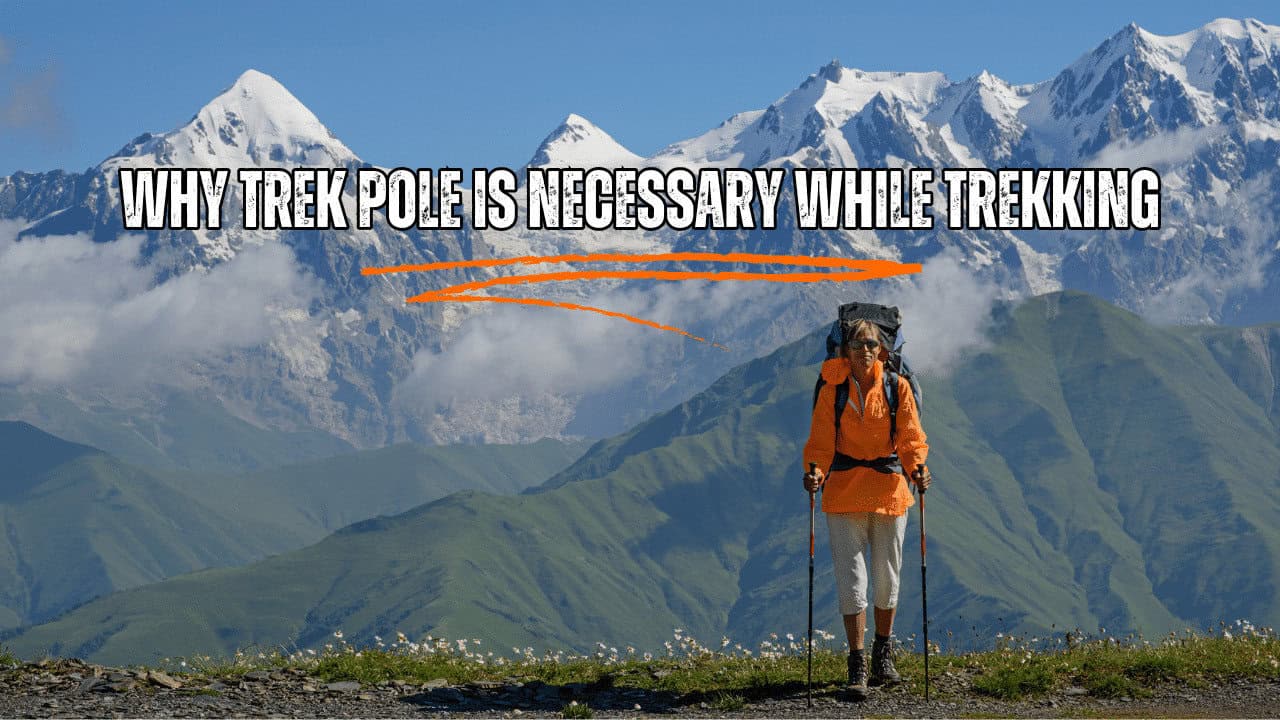






Know Everything About Acute Mountain Sickness
Acute Mountain Sickness occurs when people trek to high altitudes above 8,000 feet. This condition itself develops further due to reduced oxygen levels at such heights. Basically, as you go higher up, the air pressure and oxygen levels decrease, which causes the same problem. Acute Mountain Sickness surely causes headache, nausea, vomiting, and dizziness in affected persons. Moreover, peoples also experience difficulty in sleeping during this condition. To avoid mountain sickness, you should actually trek up slowly to higher altitudes. To learn further about this condition itself, watch the videos by Trekup India.
